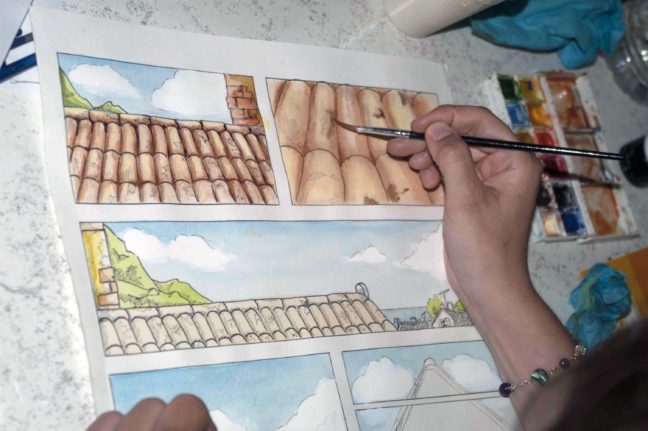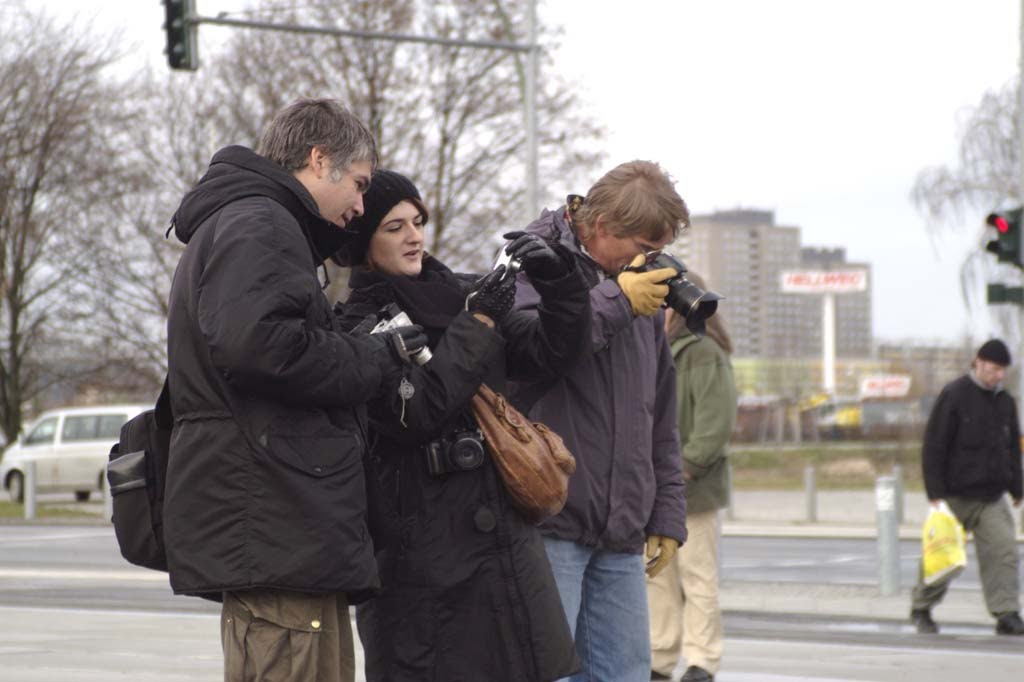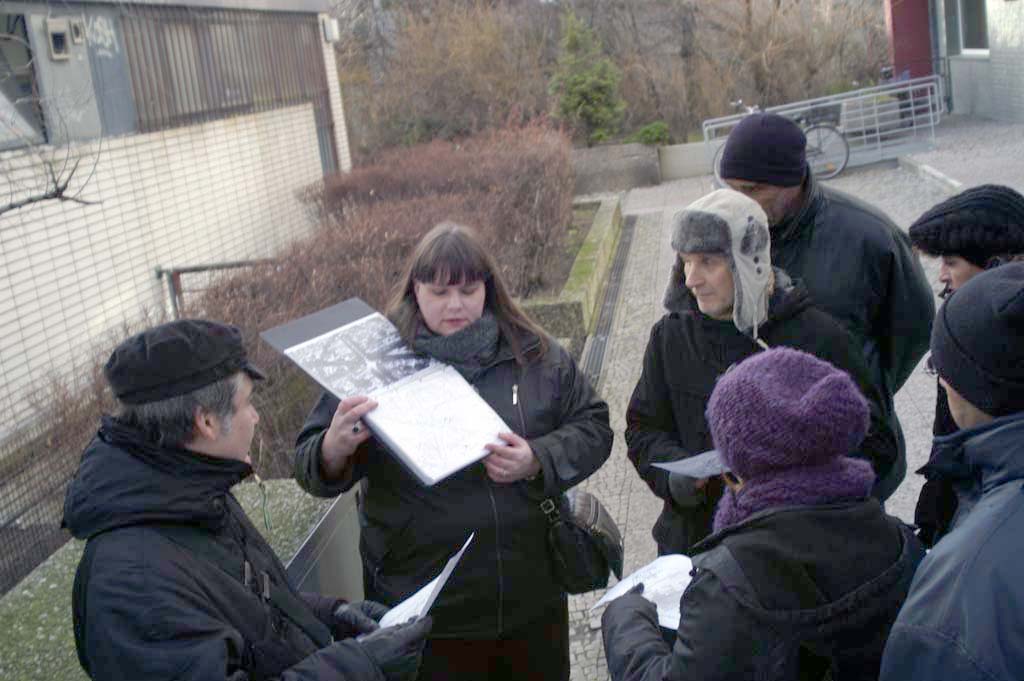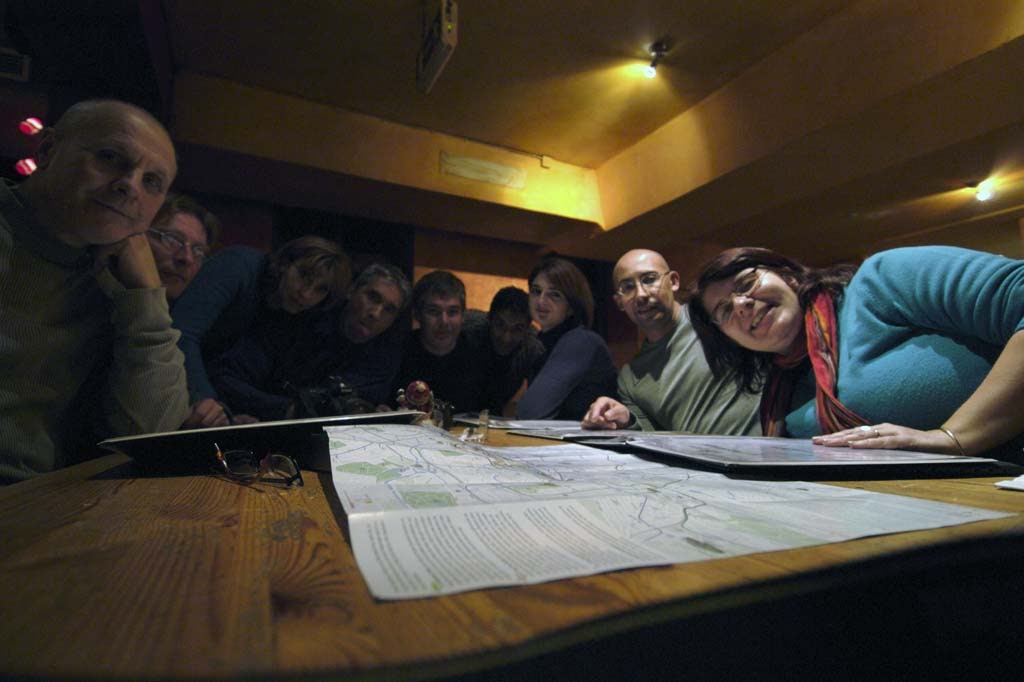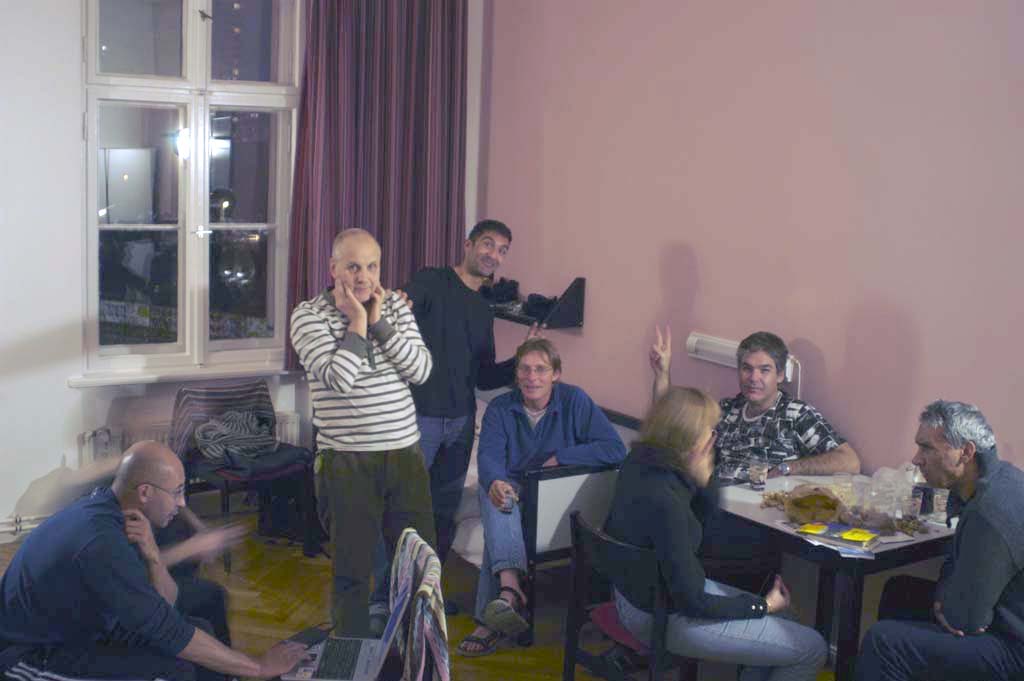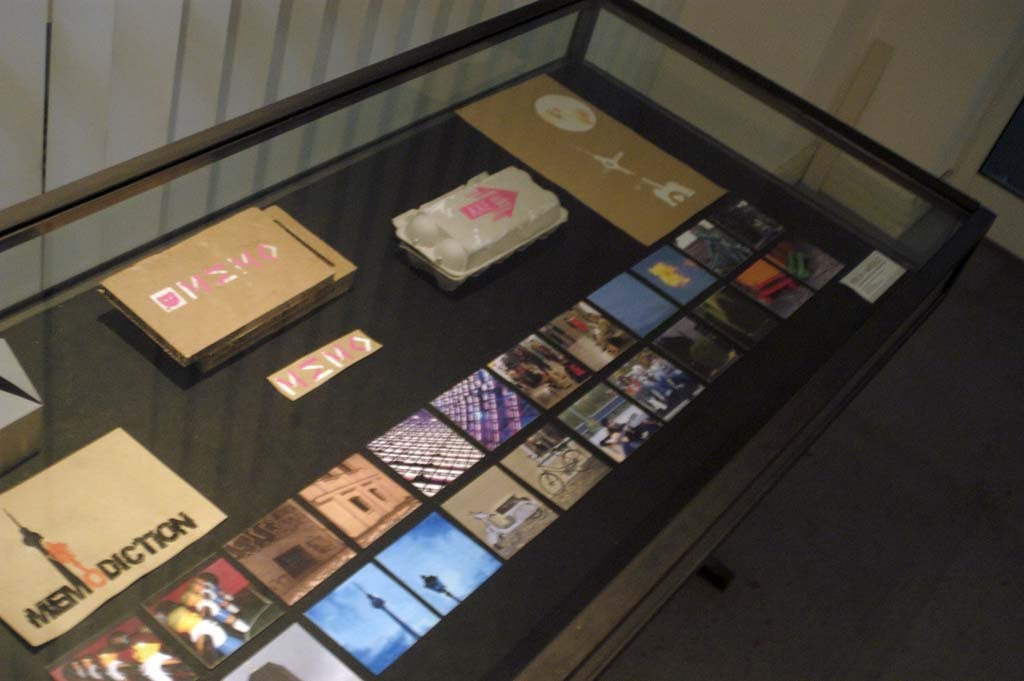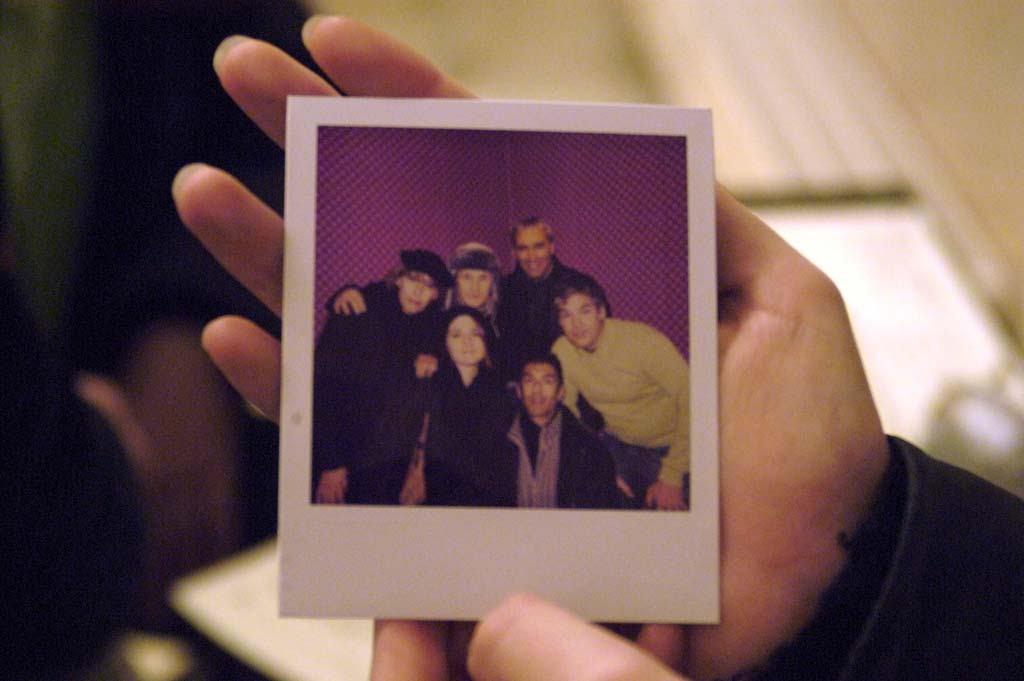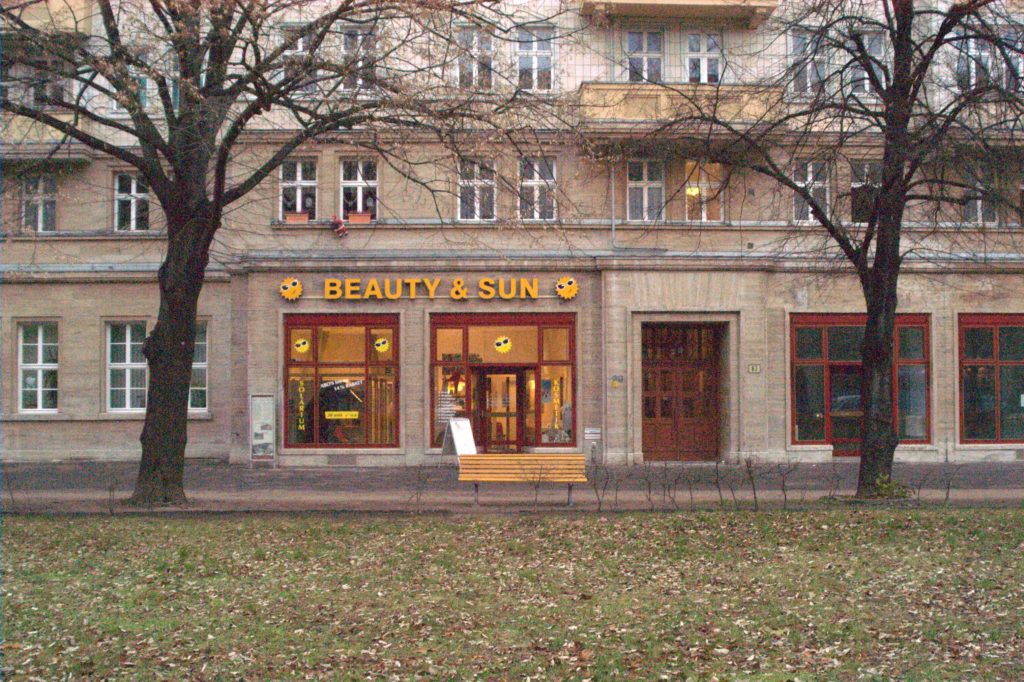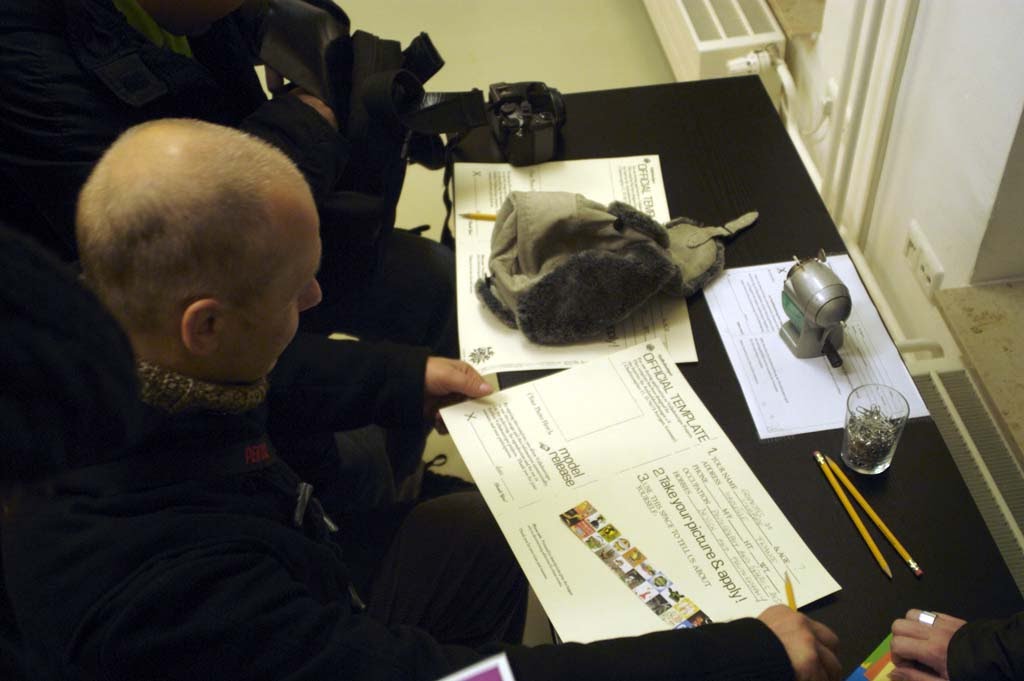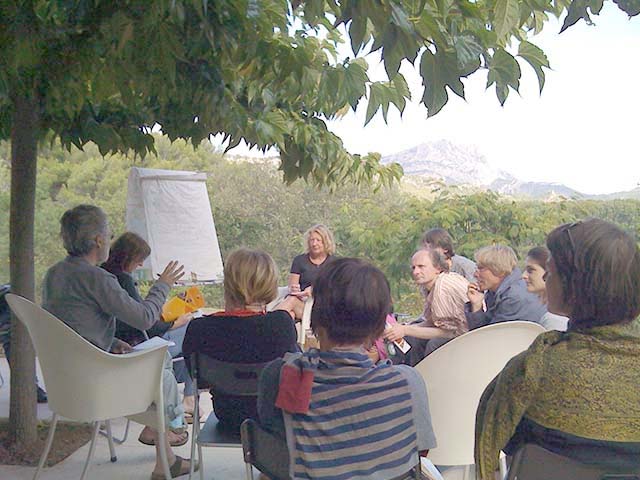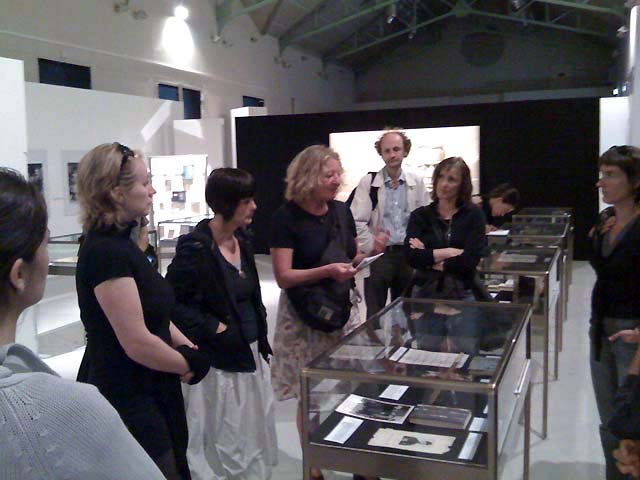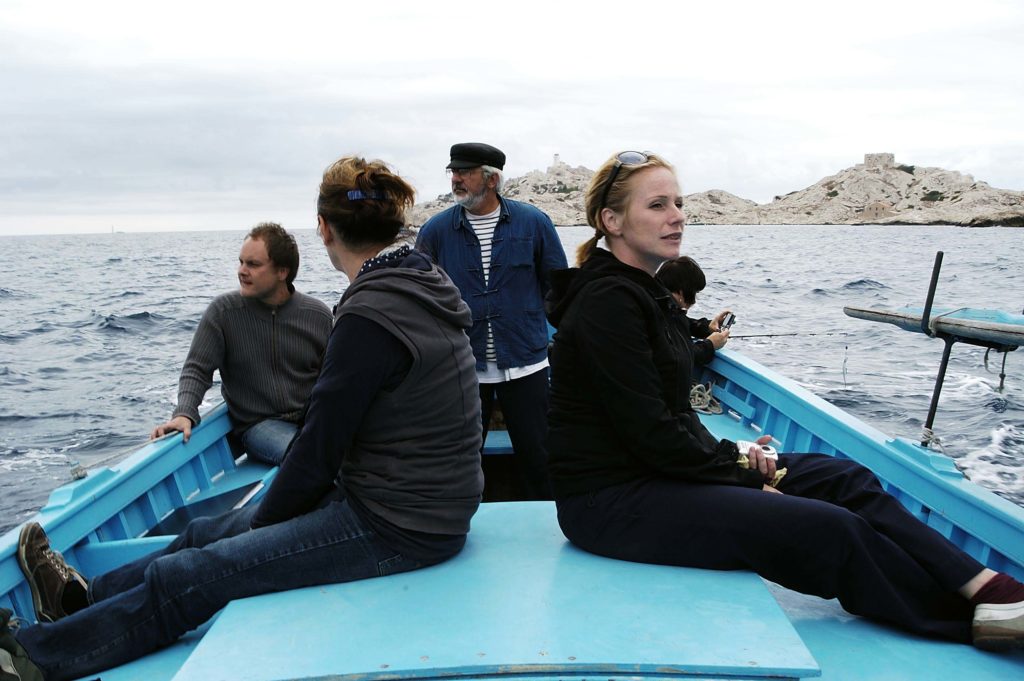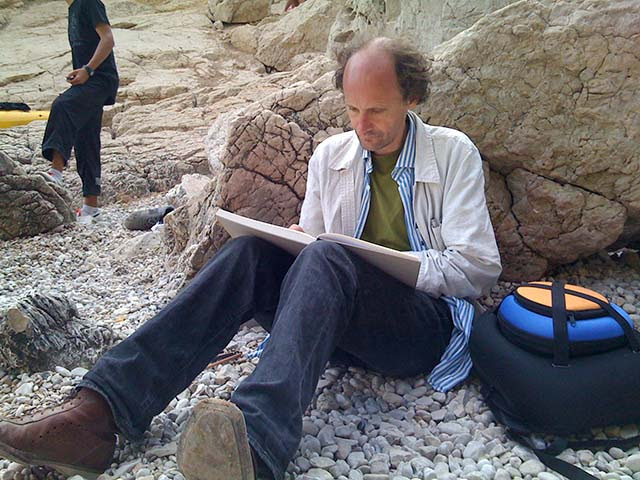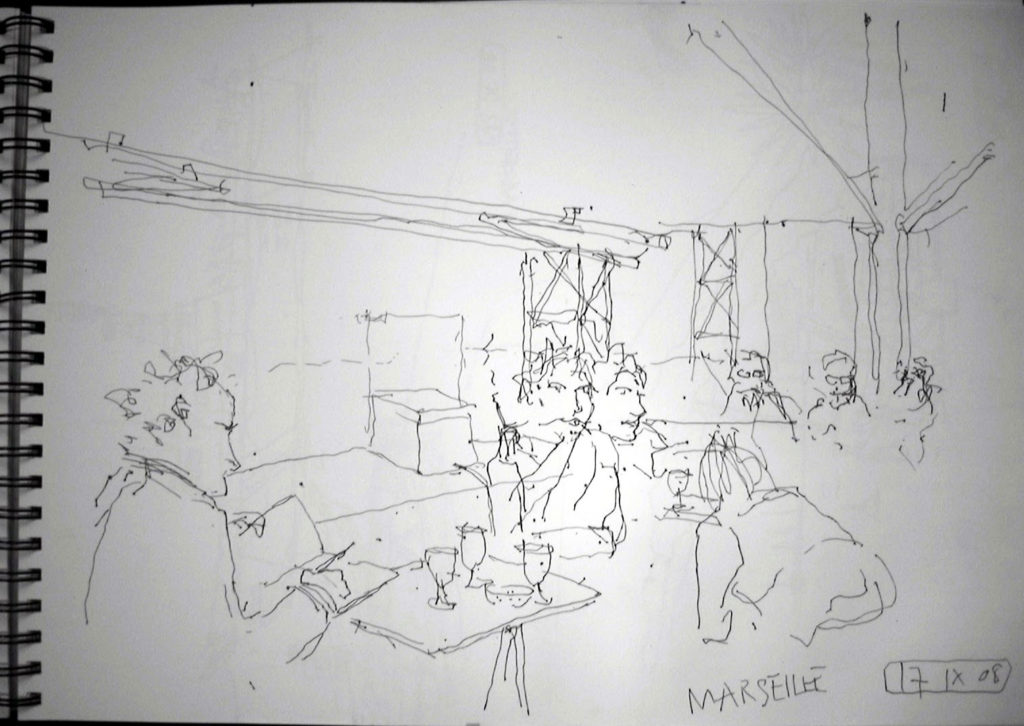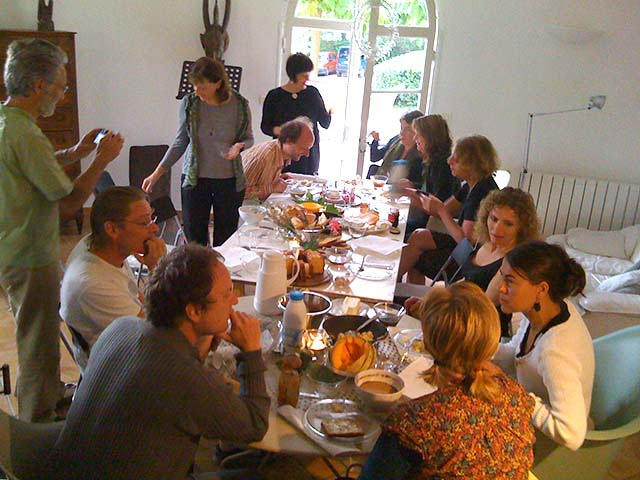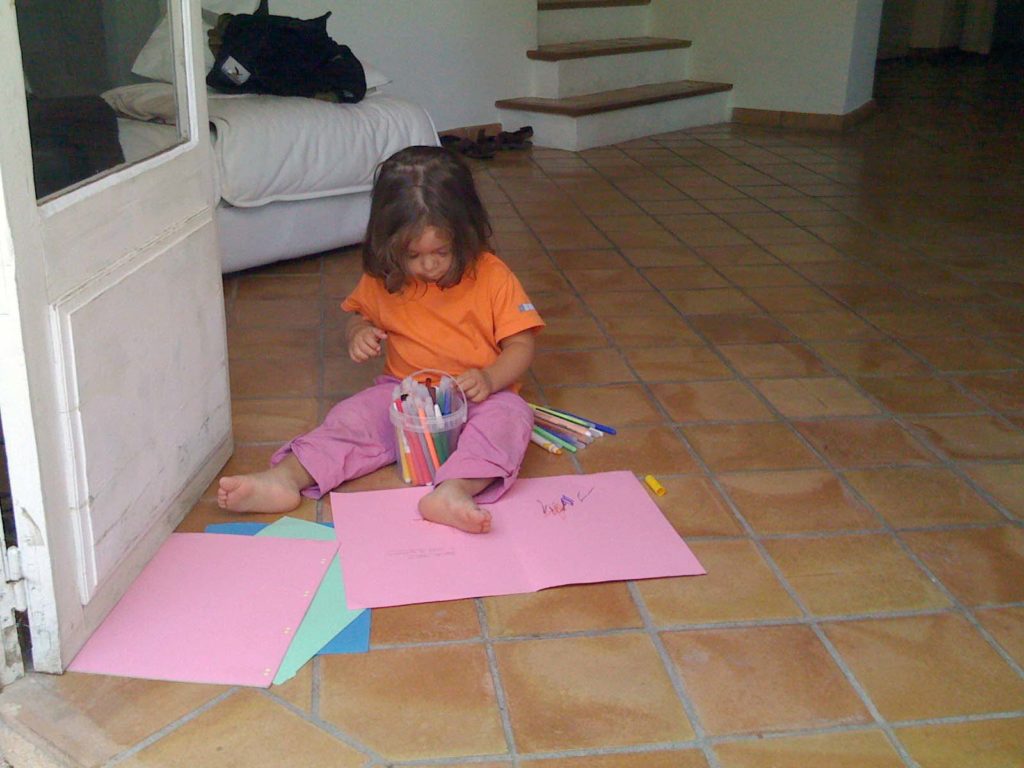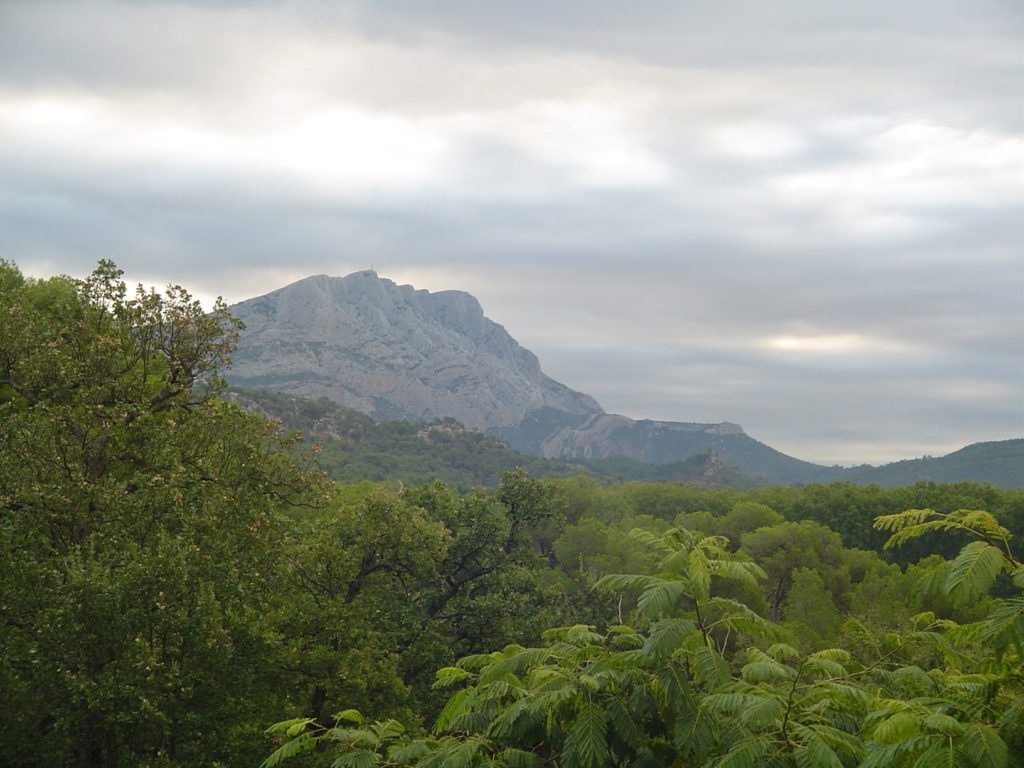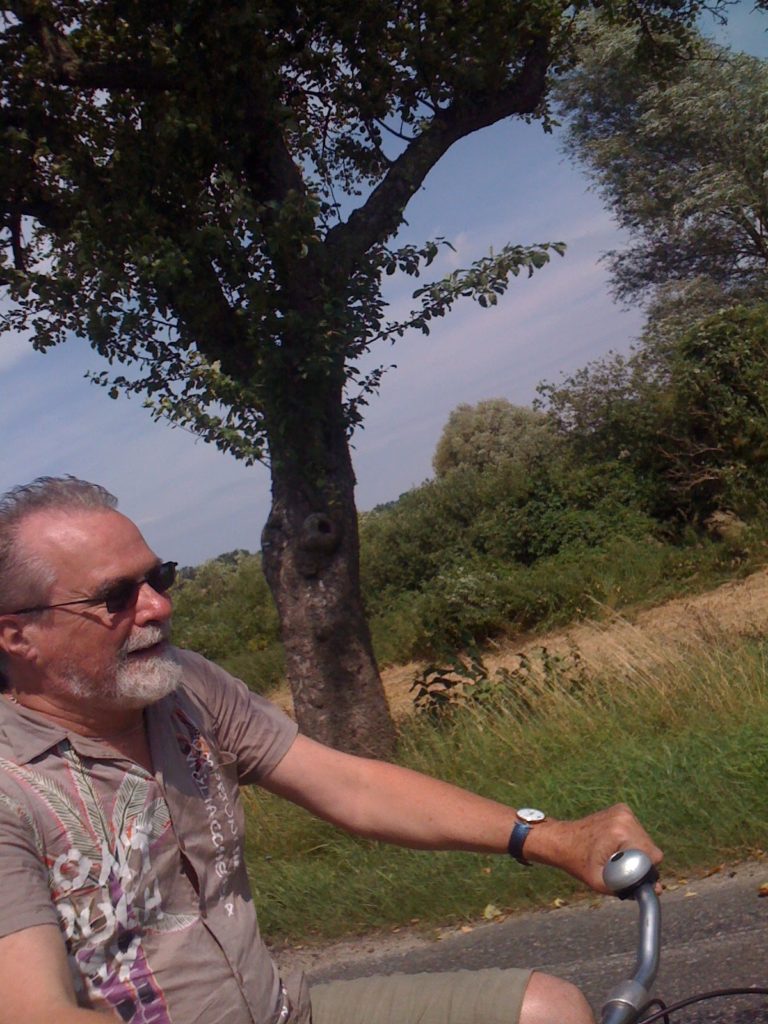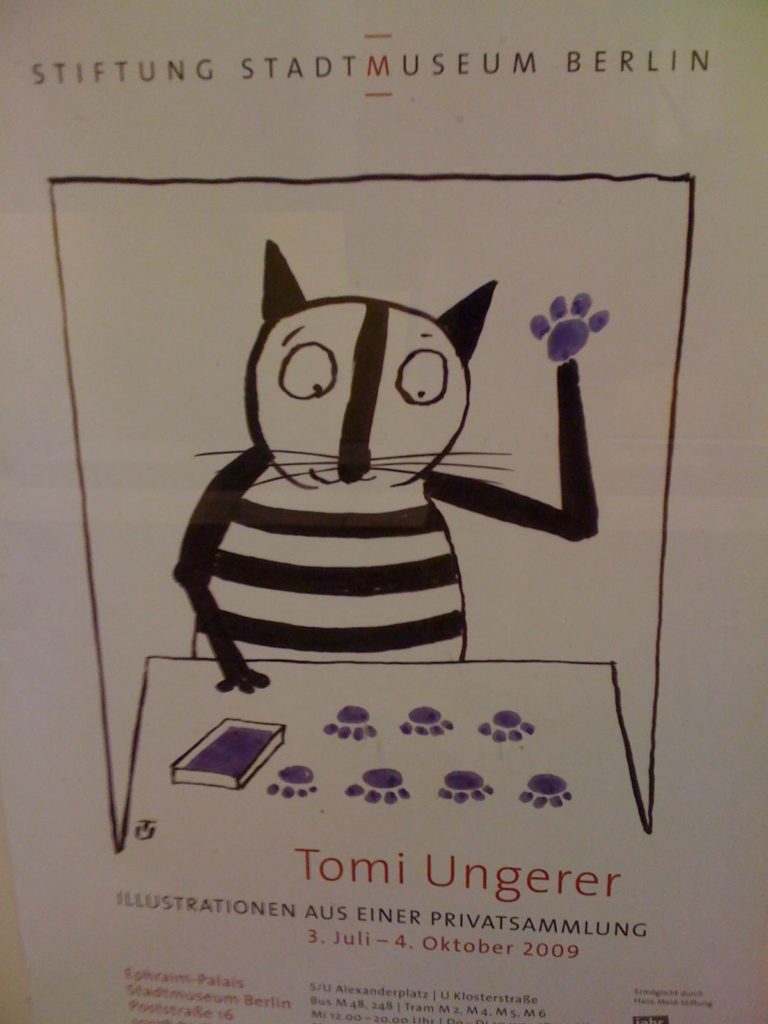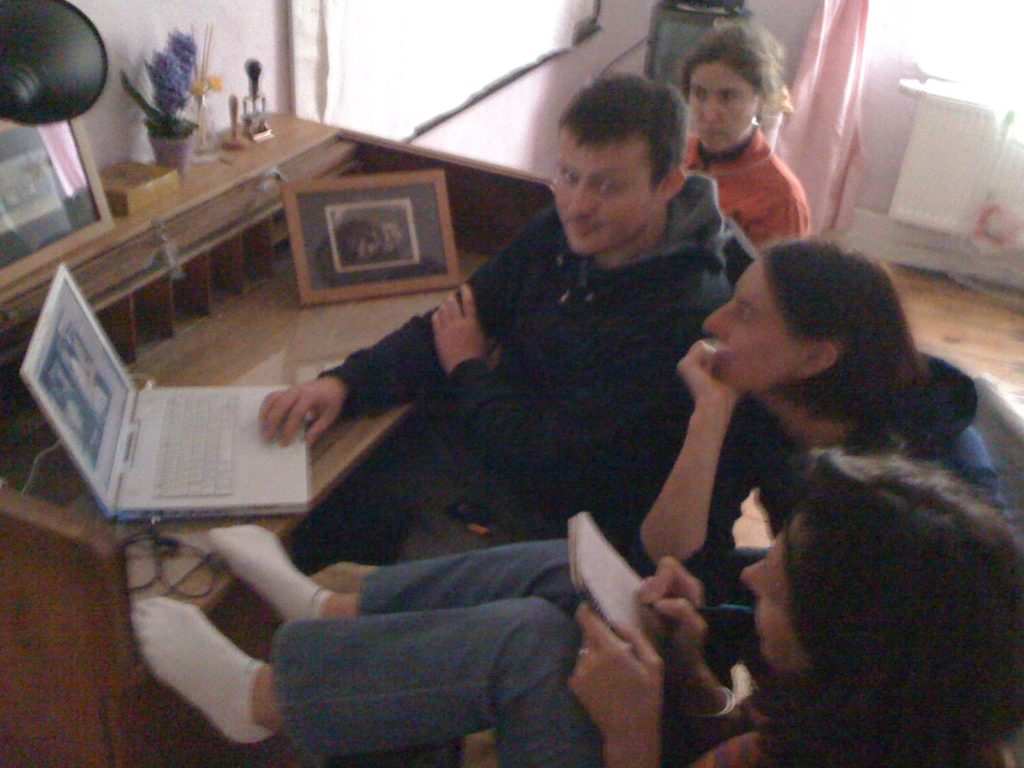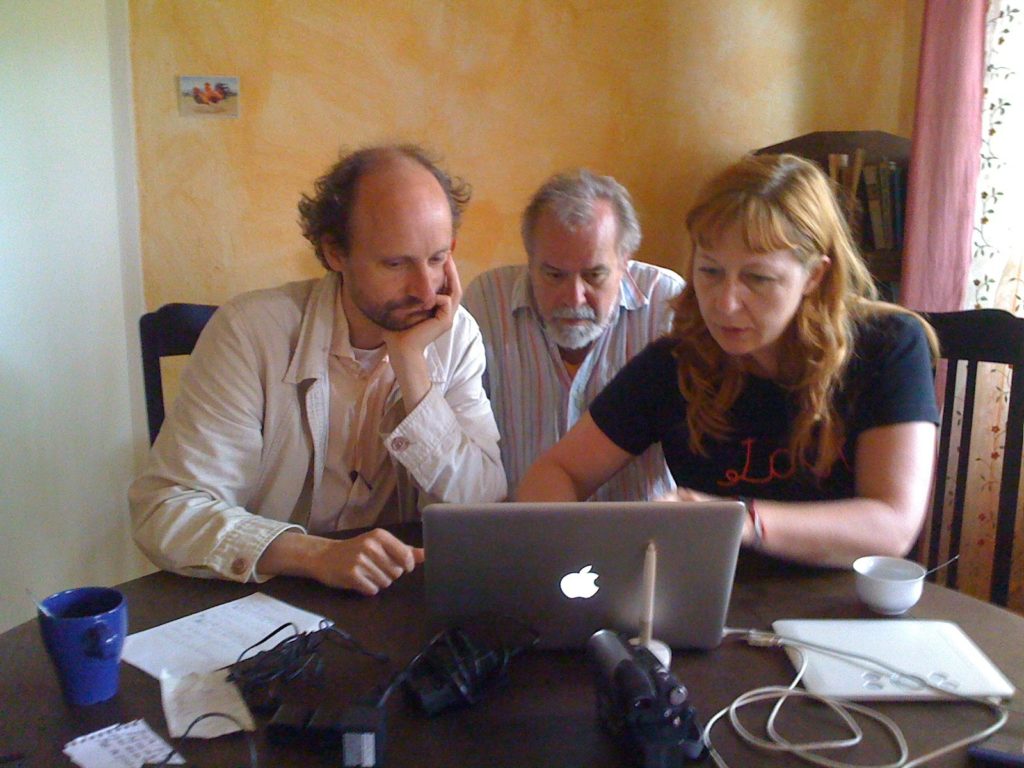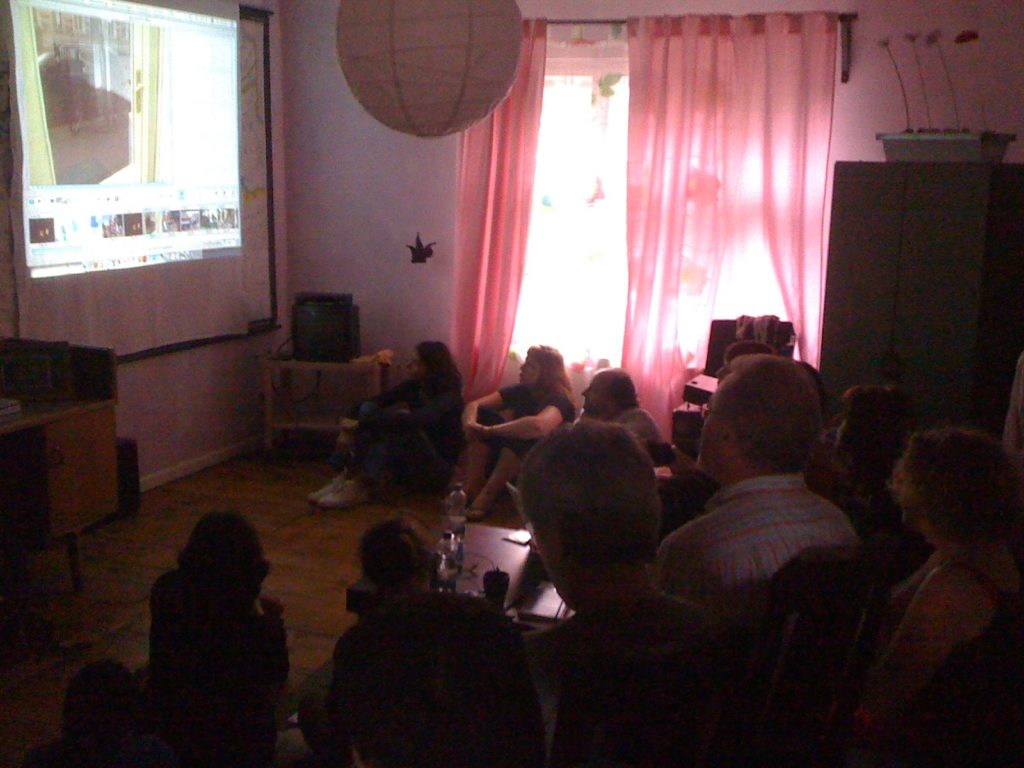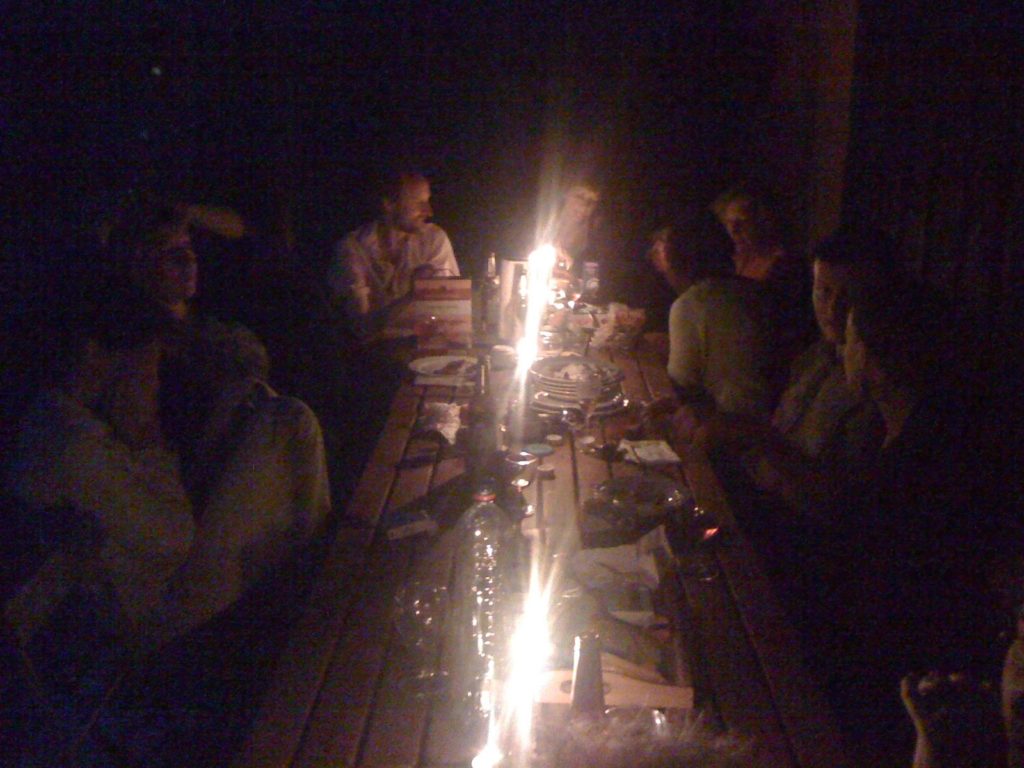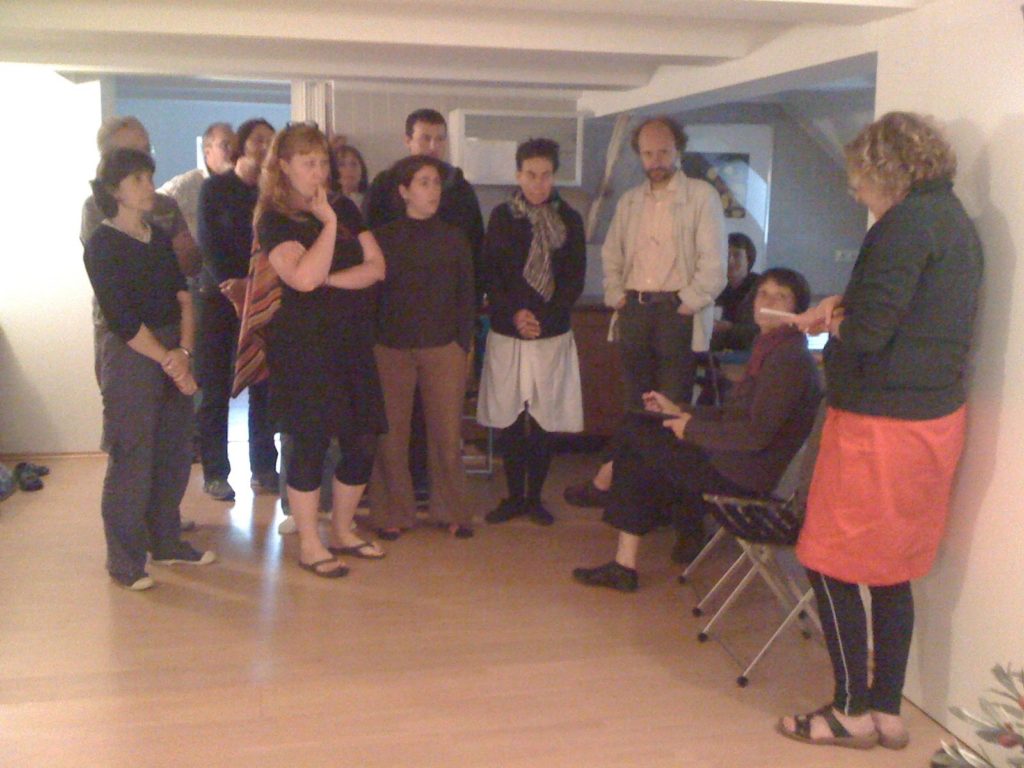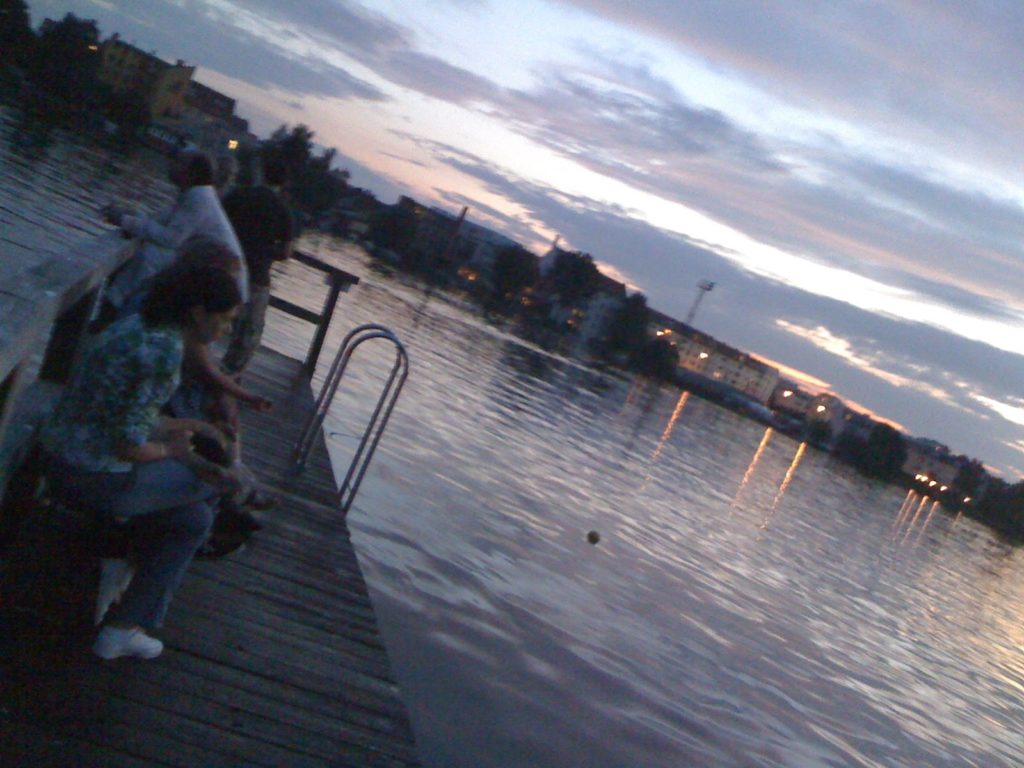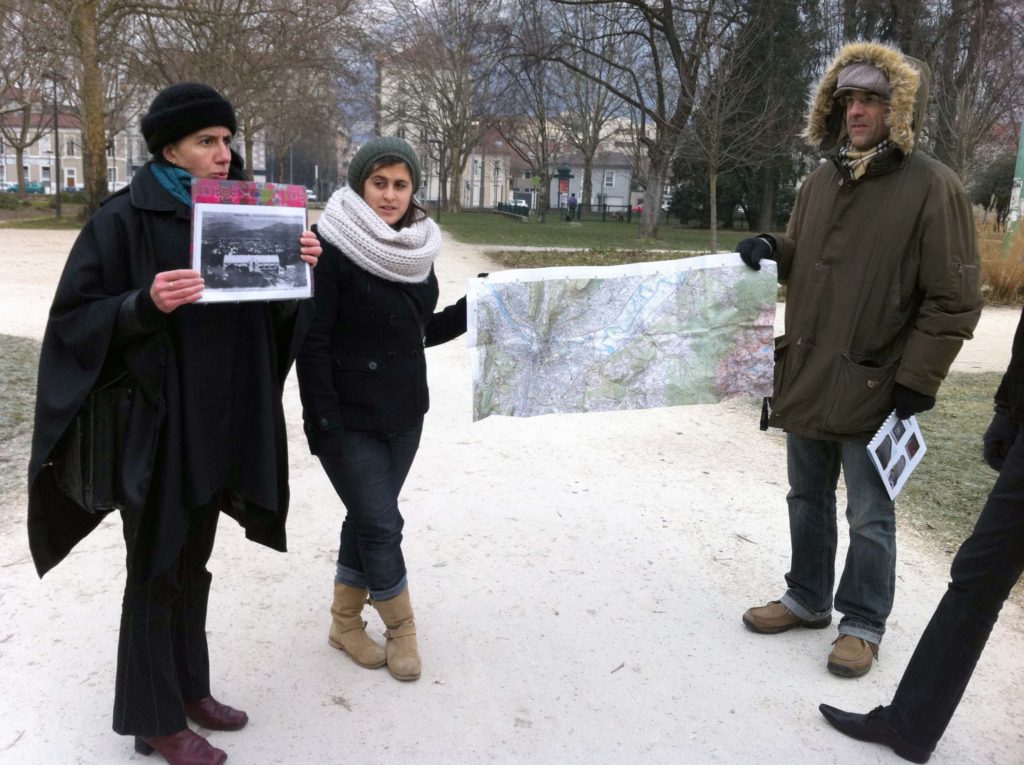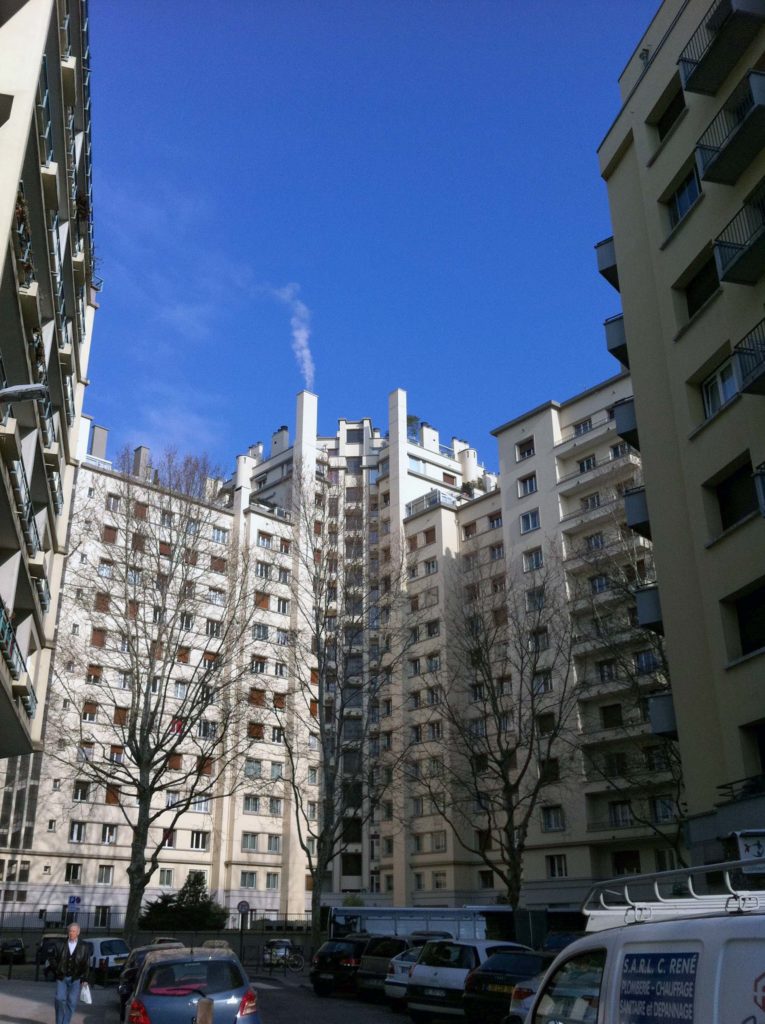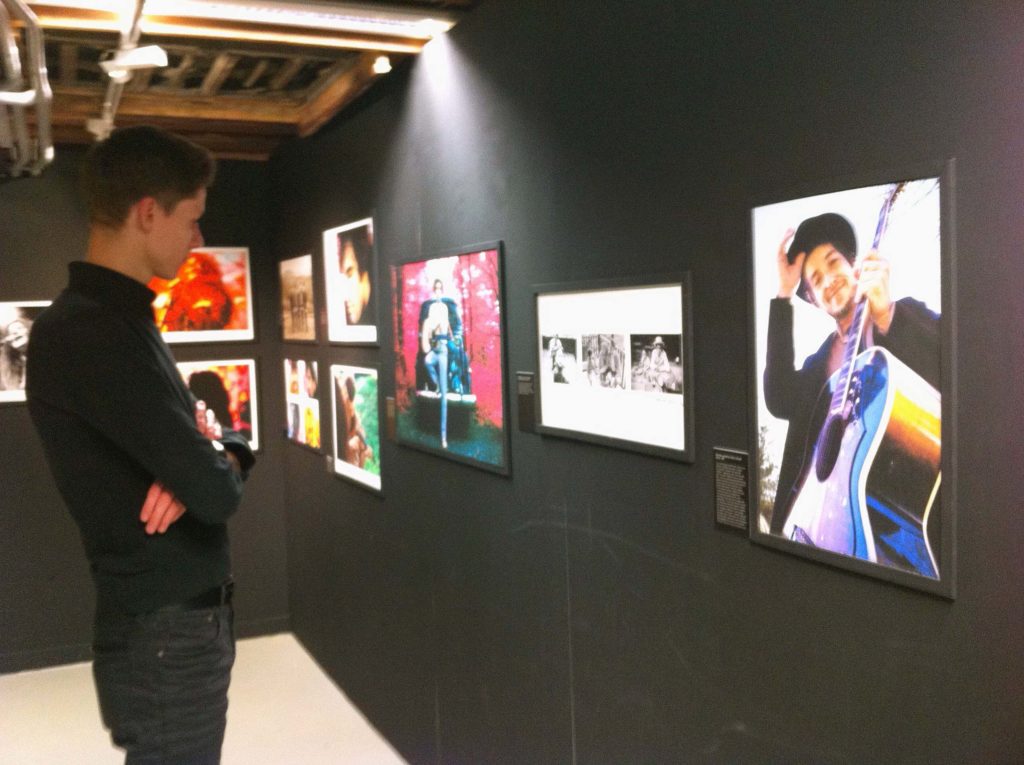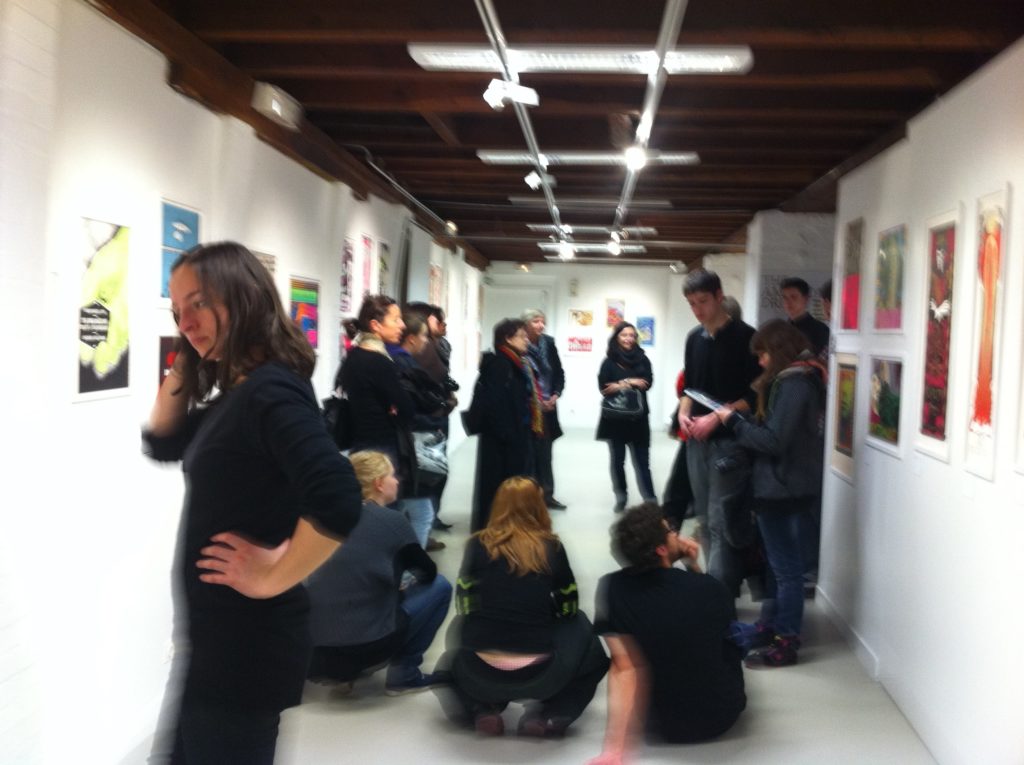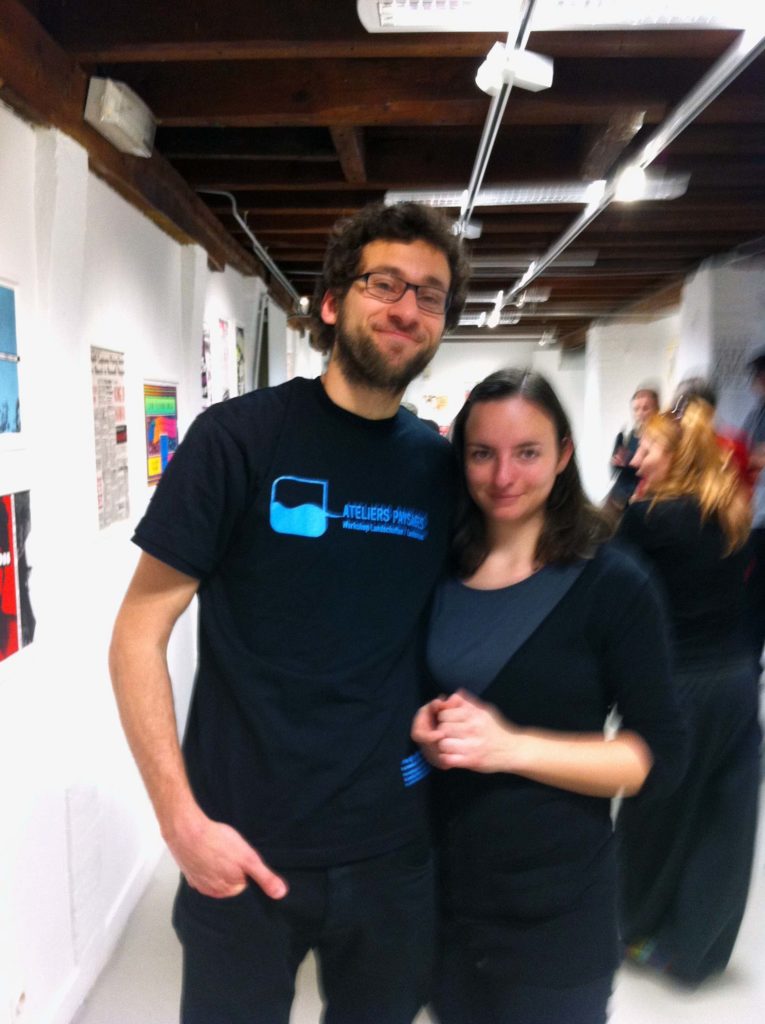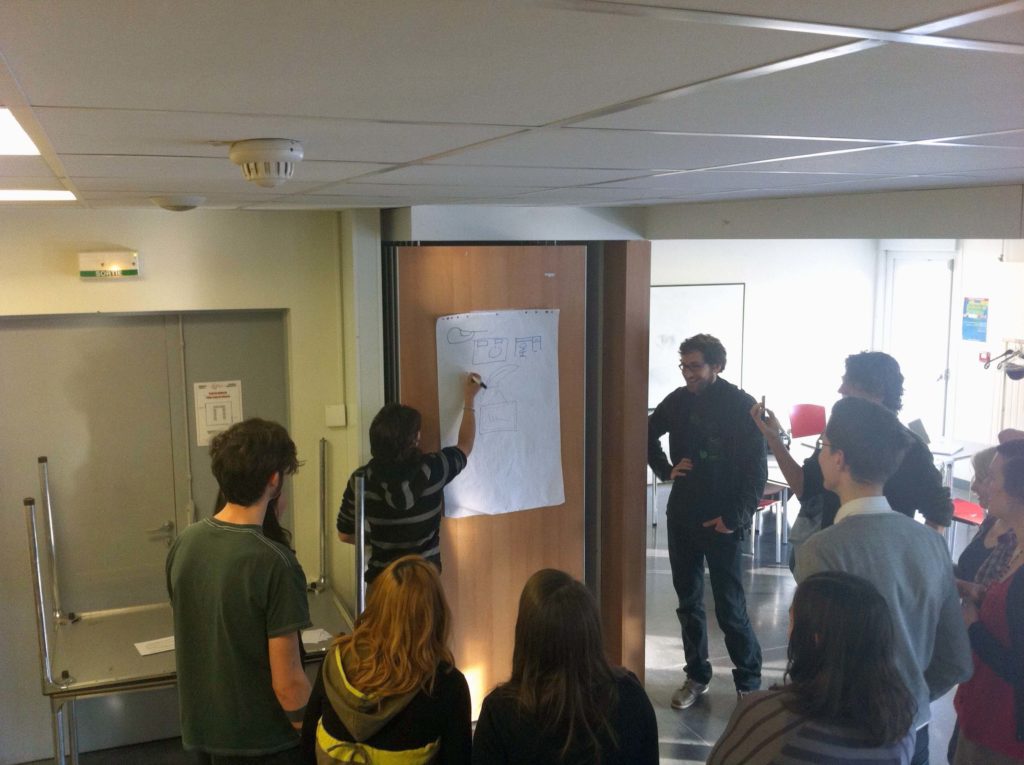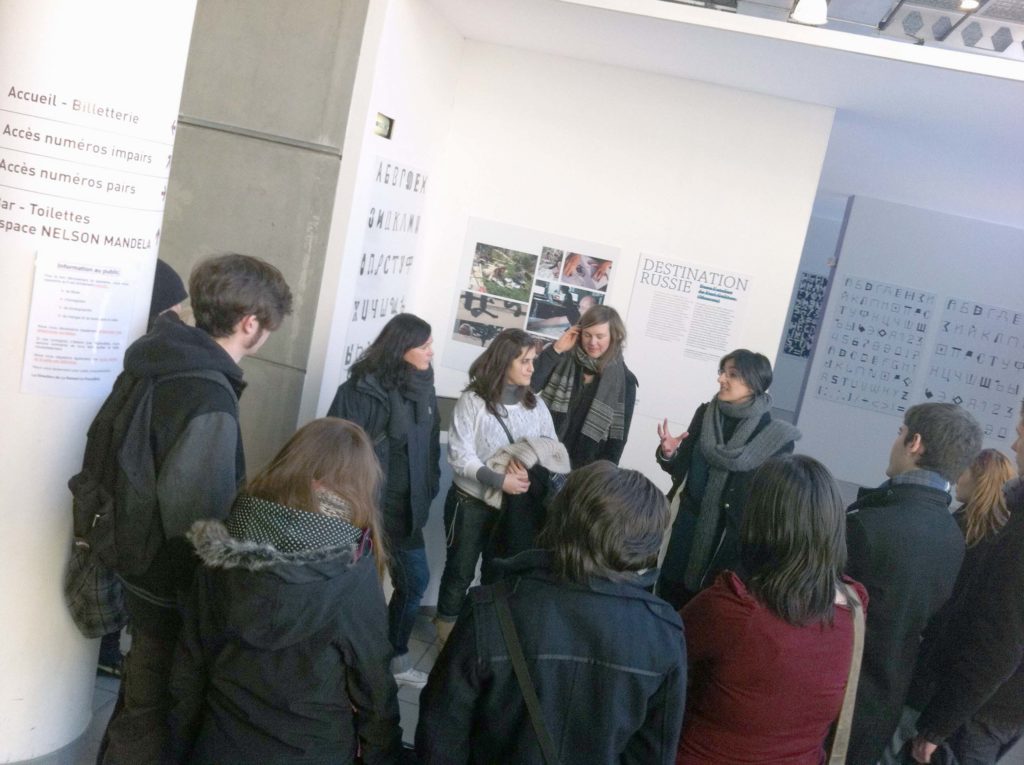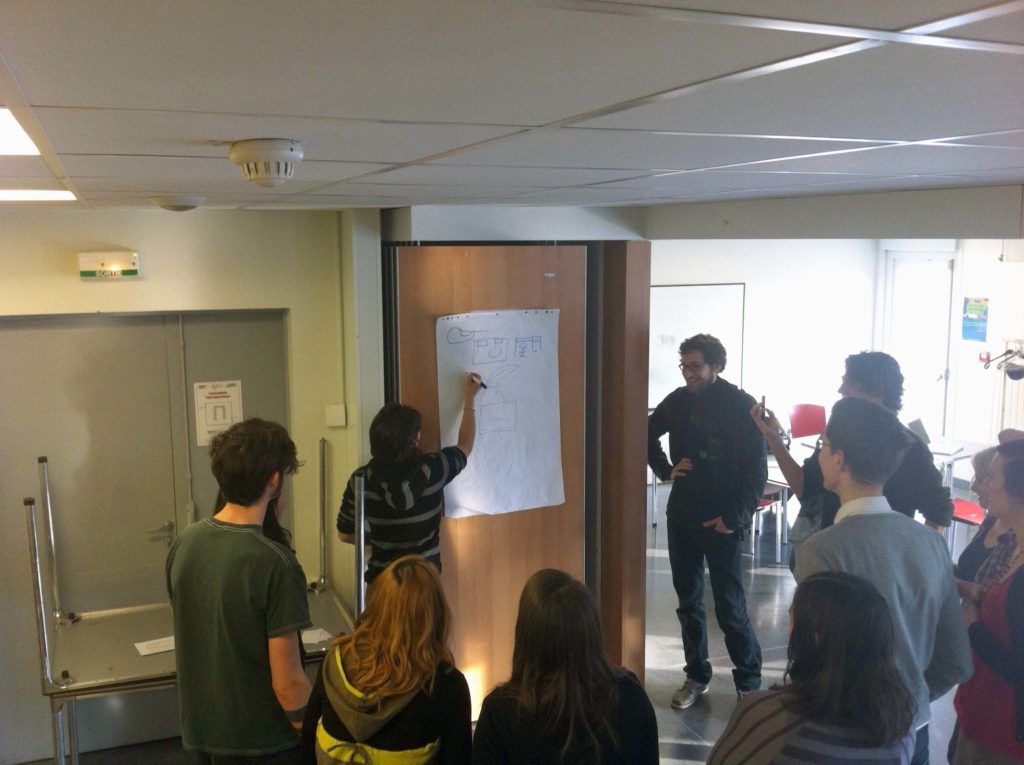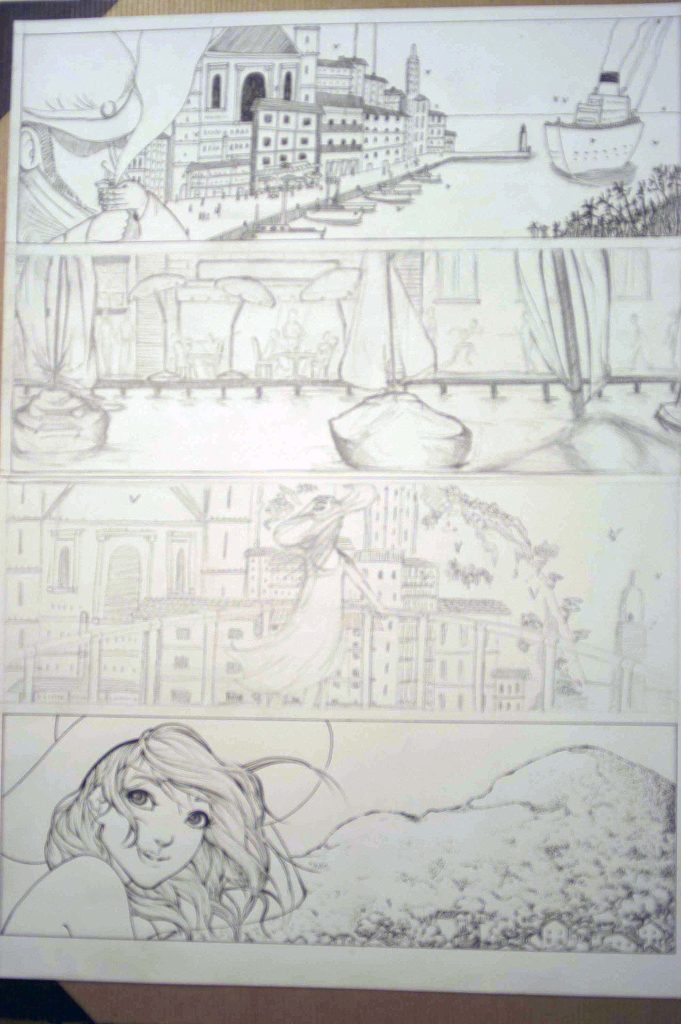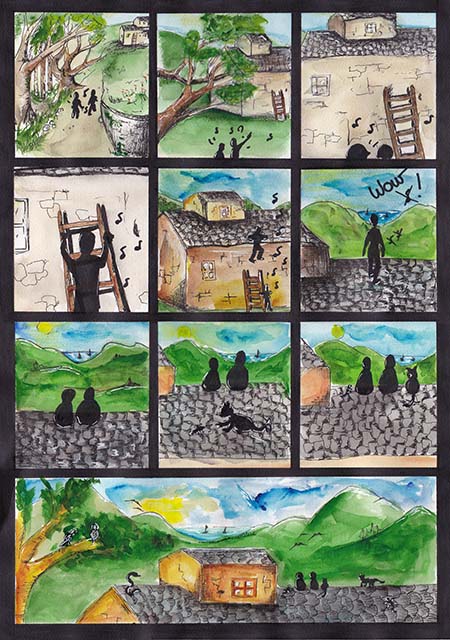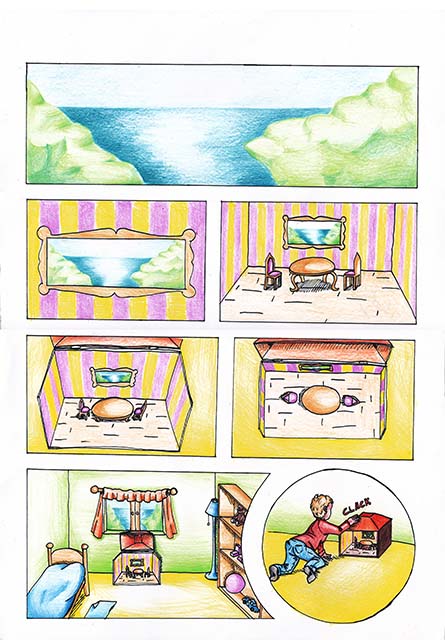Cycle de rencontres interculturelles franco allemandes pour pédagogues et jeunes adultes
Entre septembre 2008 et mars 2012, les Graphistes de l’Ombre ont initié un cycle de rencontres associant la Berliner Technische Kunsthochschule et des écoles françaises de Graphisme (Axe Sud, IPSAA-ESDAC, AMTV).
Le thème générique du paysage, perçu à la fois comme un motif classique des écoles d’art et comme prétexte à la découverte interculturelle, avait été retenu comme fil conducteur.
Etudiants, professionnels et enseignants en arts graphiques des deux pays se sont rencontrés successivement en France et en Allemagne pour expérimenter sur le terrain des approches de pédagogie active à partir de ce thème.
Décembre 2007 à Berlin : découverte du dispositif
Les débuts des activités européennes des Graphistes de l’Ombre avec l’OFAJ… accueillir le choc interculturel… Comment exprimer à travers la photo la dimension culturelle d’un paysage… première rencontre de la BTK
Partnership and interpreting Karin Passebosc
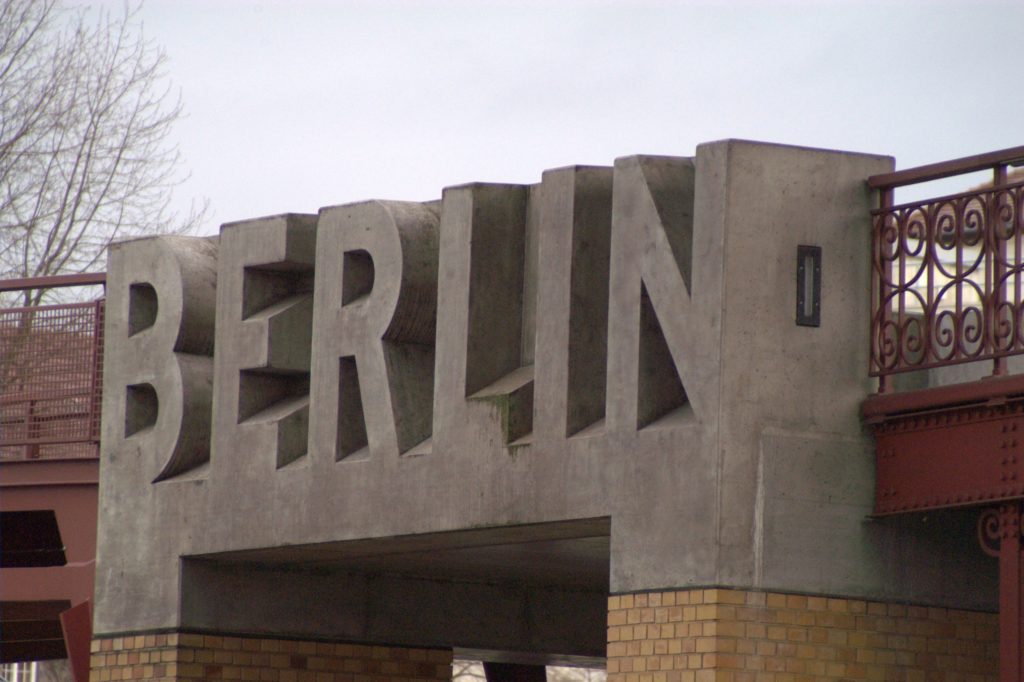

September 2008 in Aix en Provence: “in the footsteps of Cézanne”, professional meeting
Première mise en situation de production dans un cadre professionnel : quel bon mix entre découverte, échanges, productions… comment passer de l’individuel au collectif ?
GO/BTK partnership, intercultural facilitator Gisela Ghelen
July 2009 in Reichenow: “countryside landscape”, professional meeting.
Expérimentation de collaborations sur le média vidéo, découverte des contraintes de l’interculturel
GO/BTK partnership, intercultural facilitator Gisela Ghelen
April 2010 in Berlin: “Borderline, or the Berlin Wall as landscape”.
Introduction des arts vivants, limitations dans l’animation linguistique
GO/BTK partnership, BTK teacher Katrin Schiller, guest Katrin Muller, intercultural facilitator Gisela Ghelen
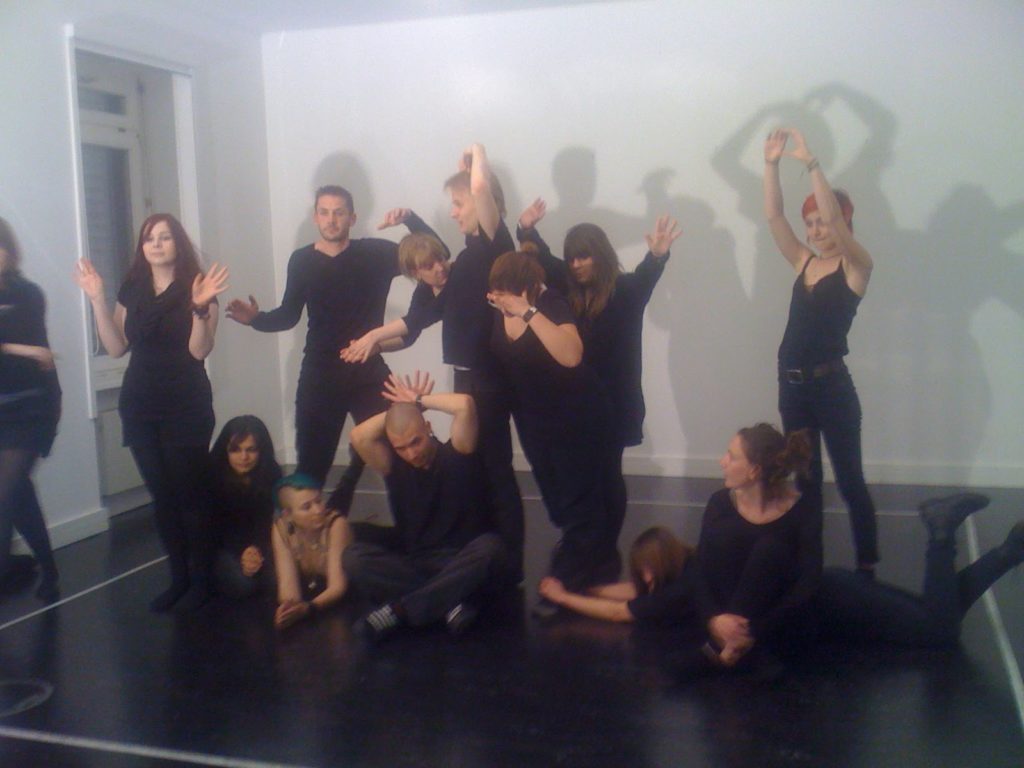
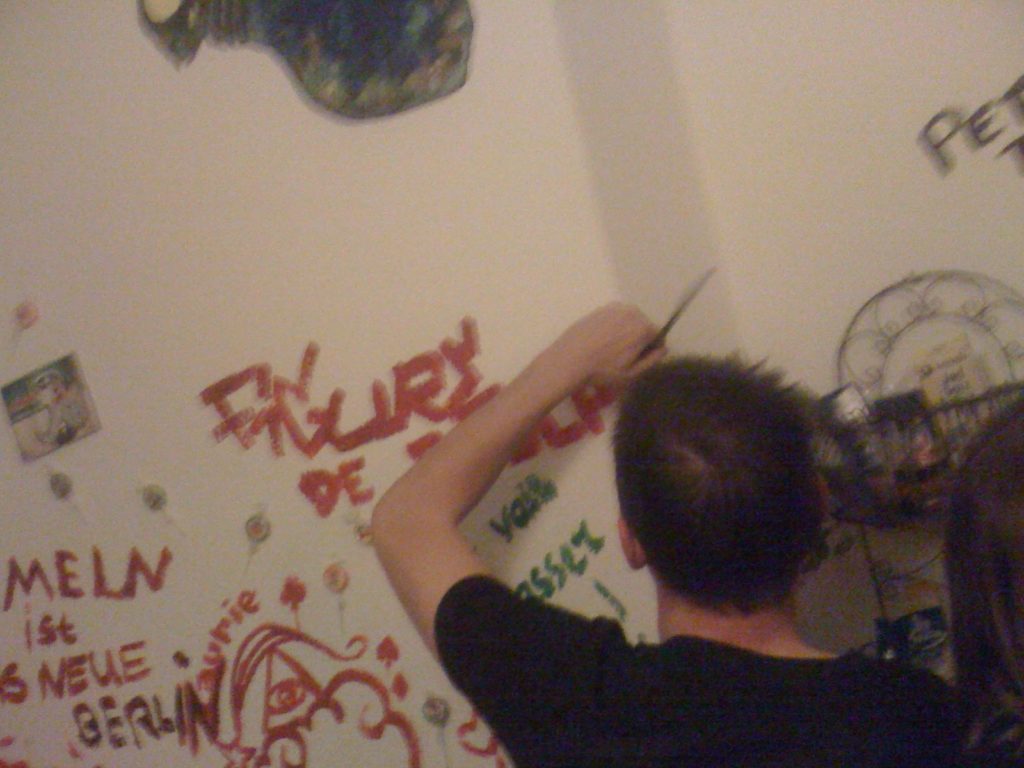
January 2011 at the Echirolles Graphic Design Month: “writing the city”, student meeting
Les bienfaits de la greffe entre les rencontres et un évènement public proche du thème de travail
GO/BTK partnership IPSA-ESDAC school, BTK teacher Frank Seeler, Intercultural coordinator Katja Born
March 2012 at the Rencontres de la bande dessinée et de l’illustration in Bastia: “le paysage au dessus des toits”, student meeting
GO/BTK partnership AMTV school, BTK teacher Katrin Schiller, intercultural facilitator Antje Klambt
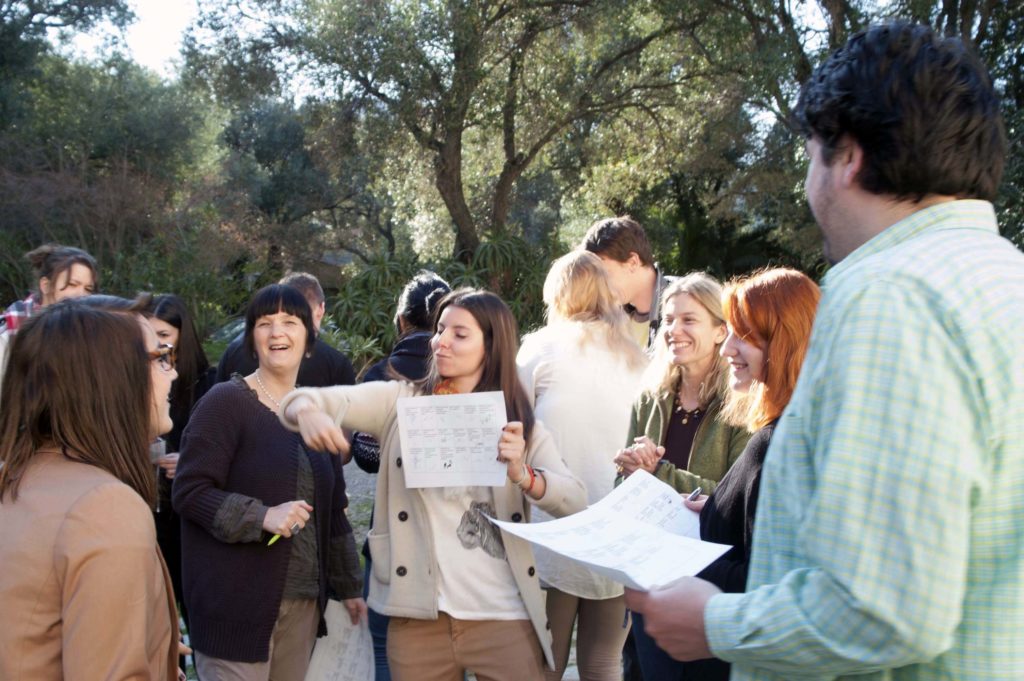
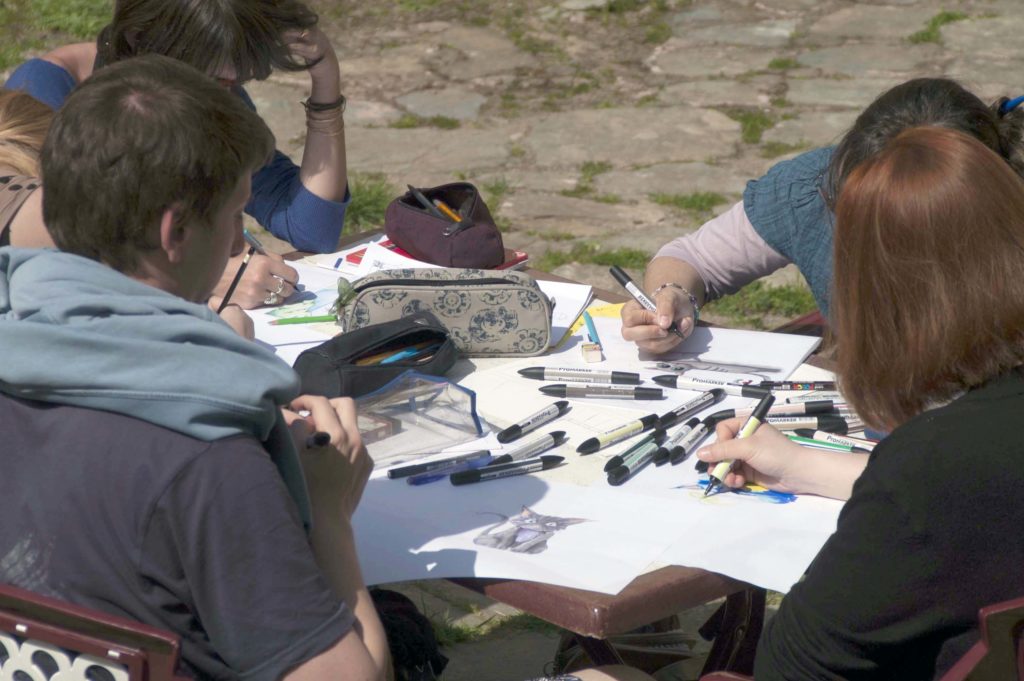
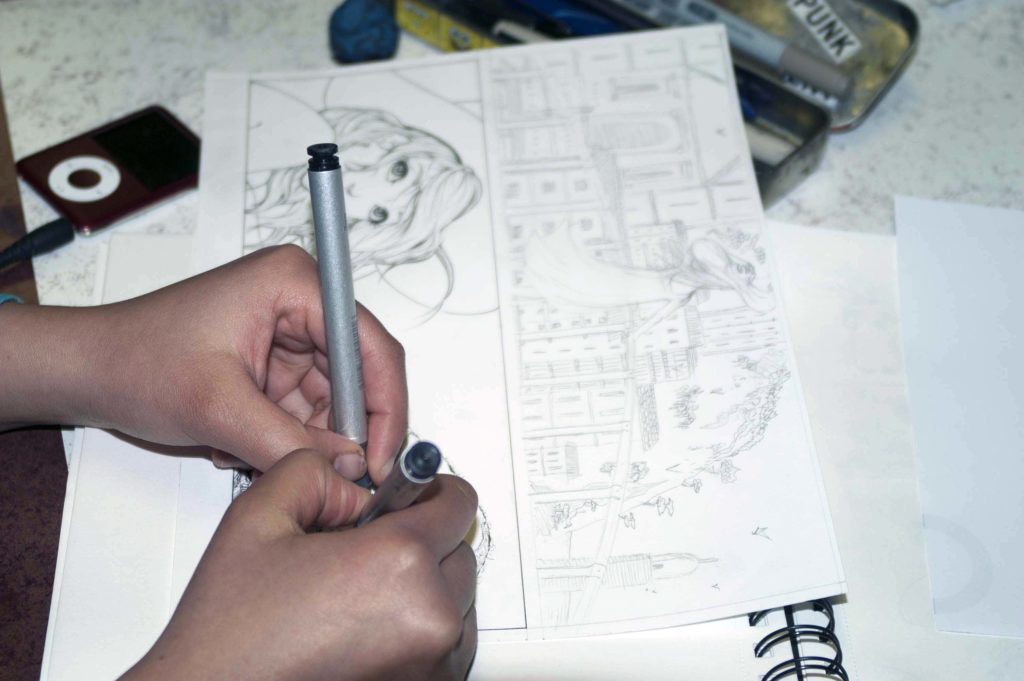
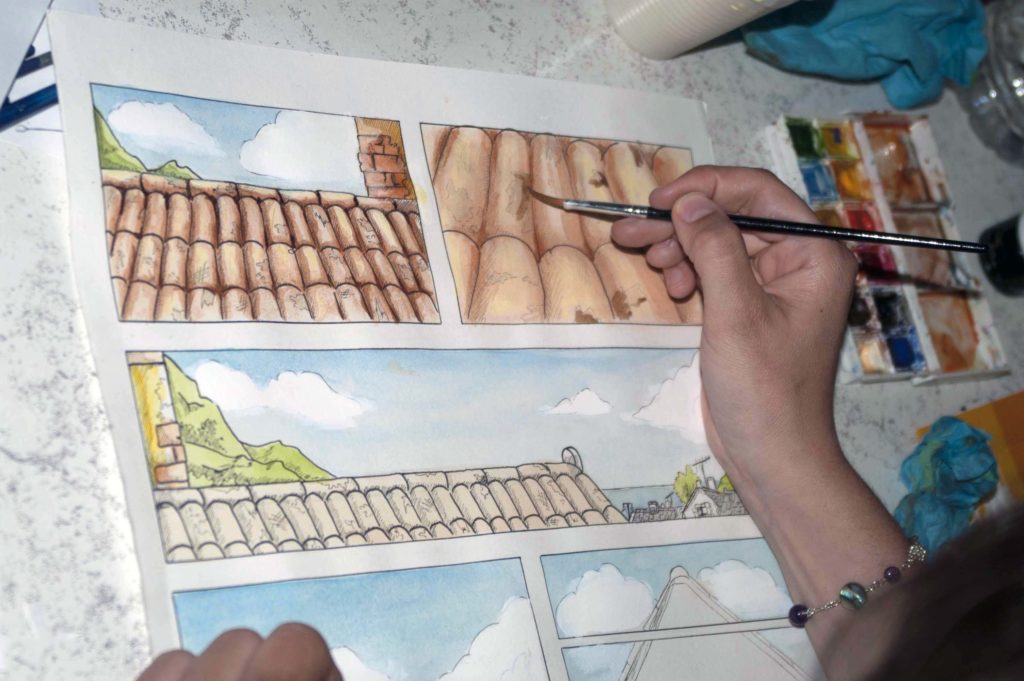
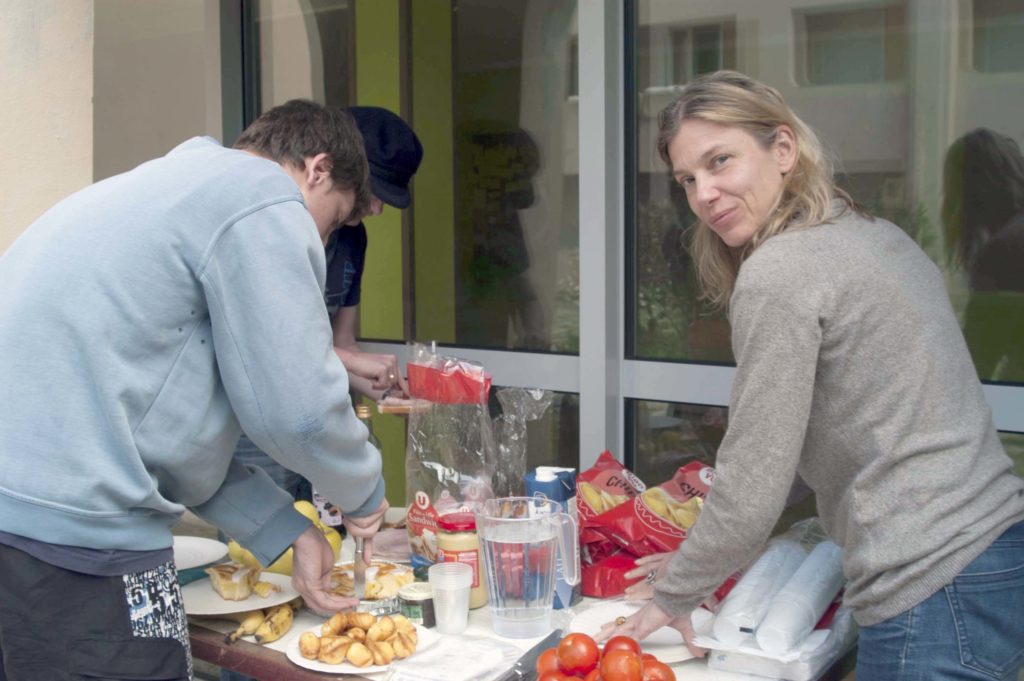
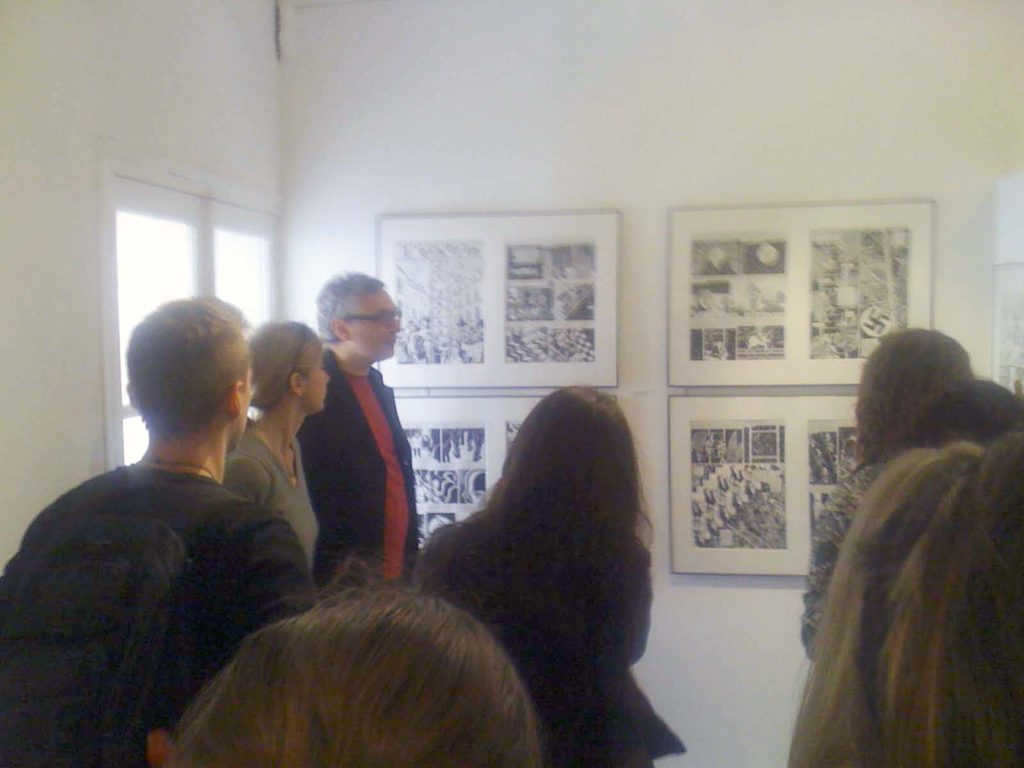
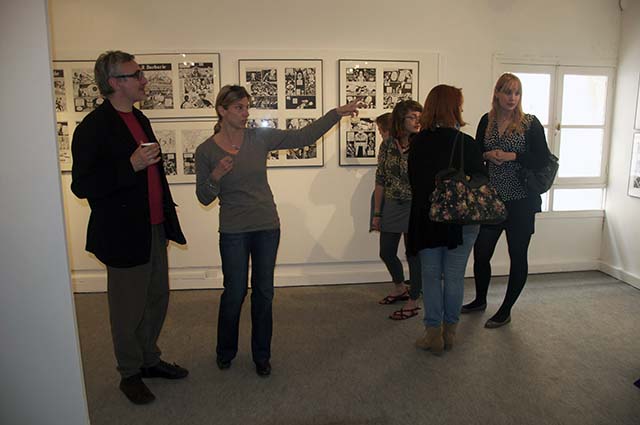
Séance d’interprétariat avec David B, exposant du festival 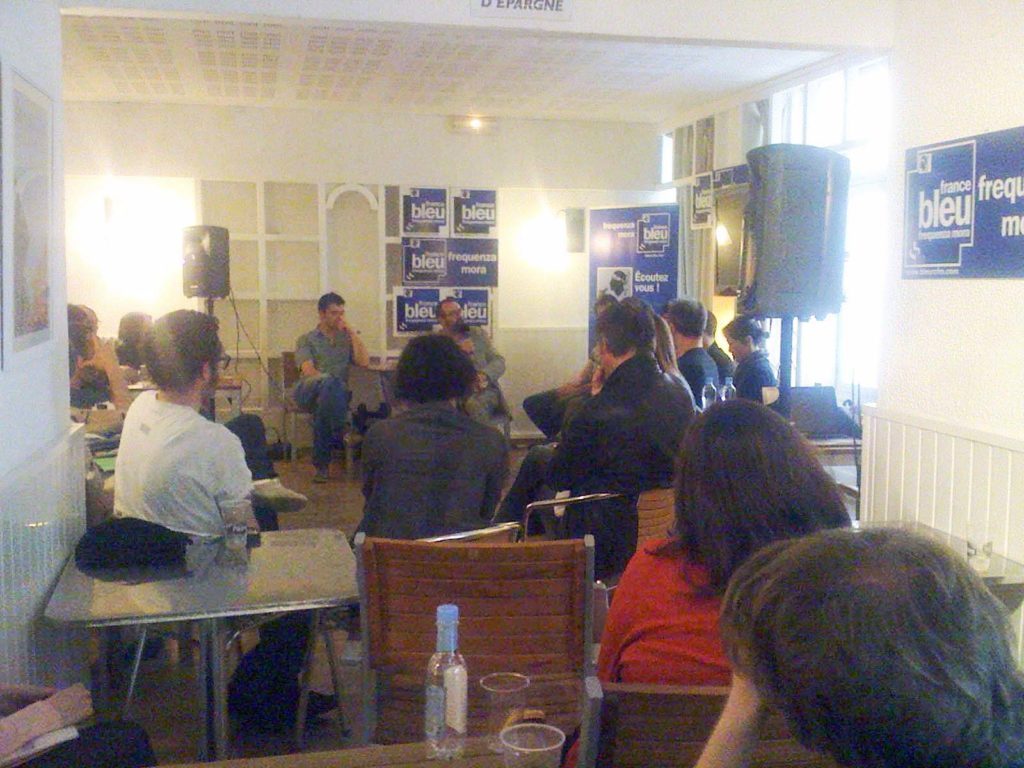
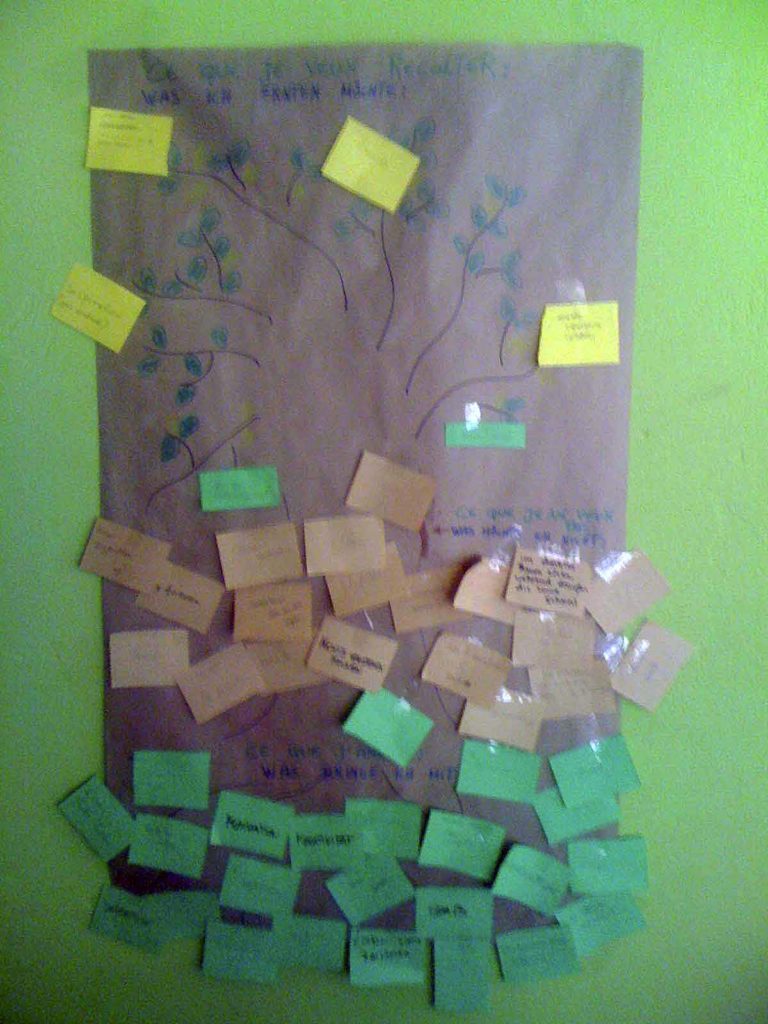
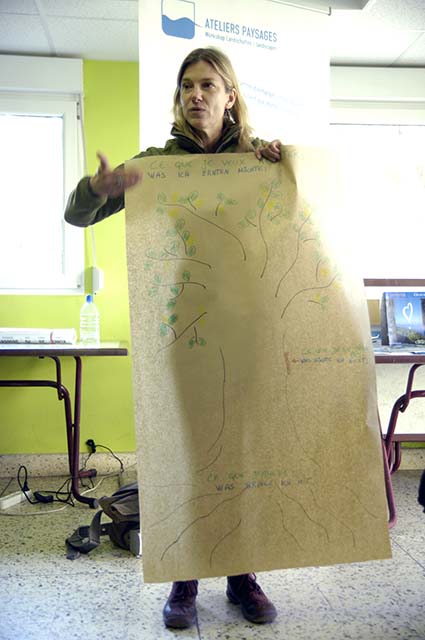
Recueil de l’expression du groupe : l’arbre des attentes et des craintes 
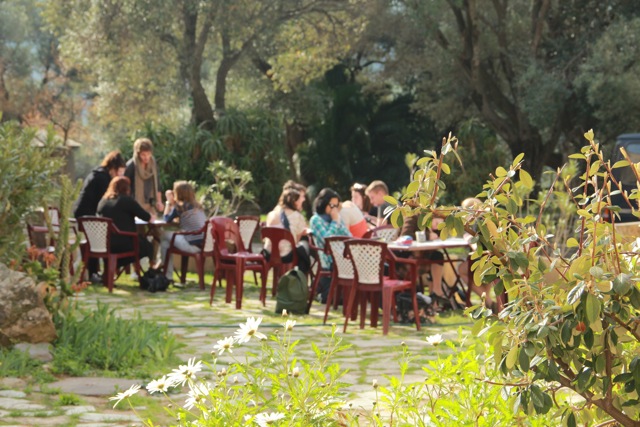
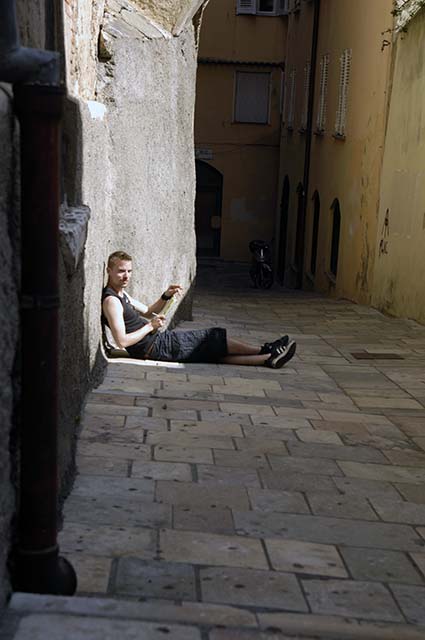
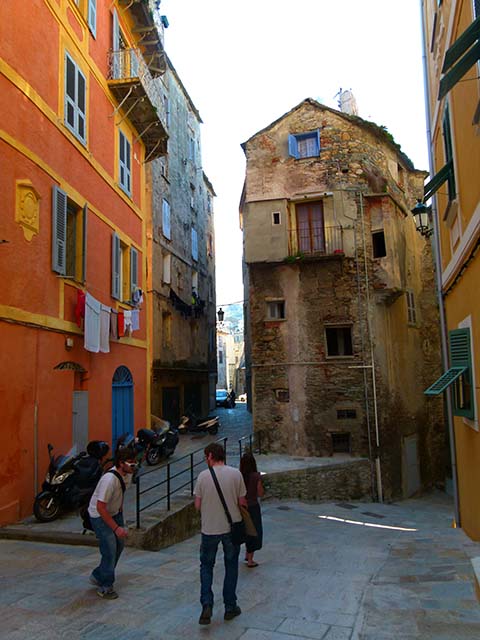
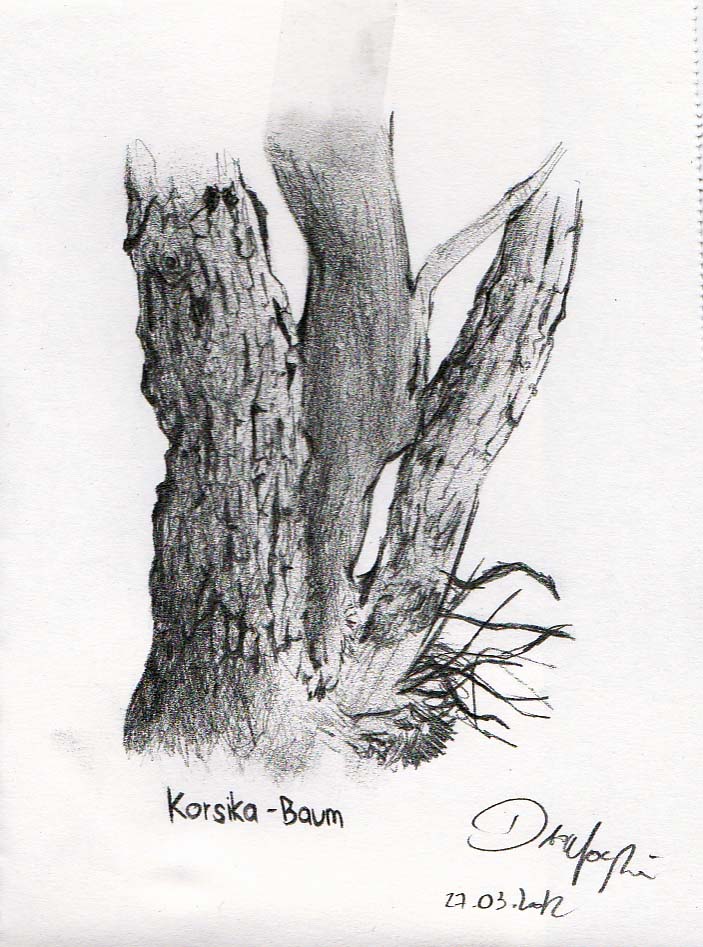
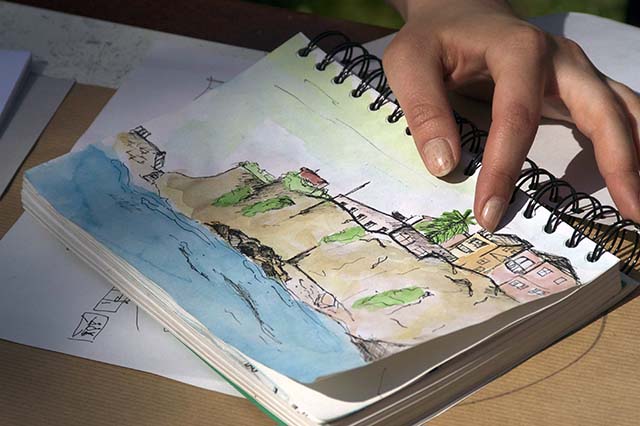
Partners and contributors
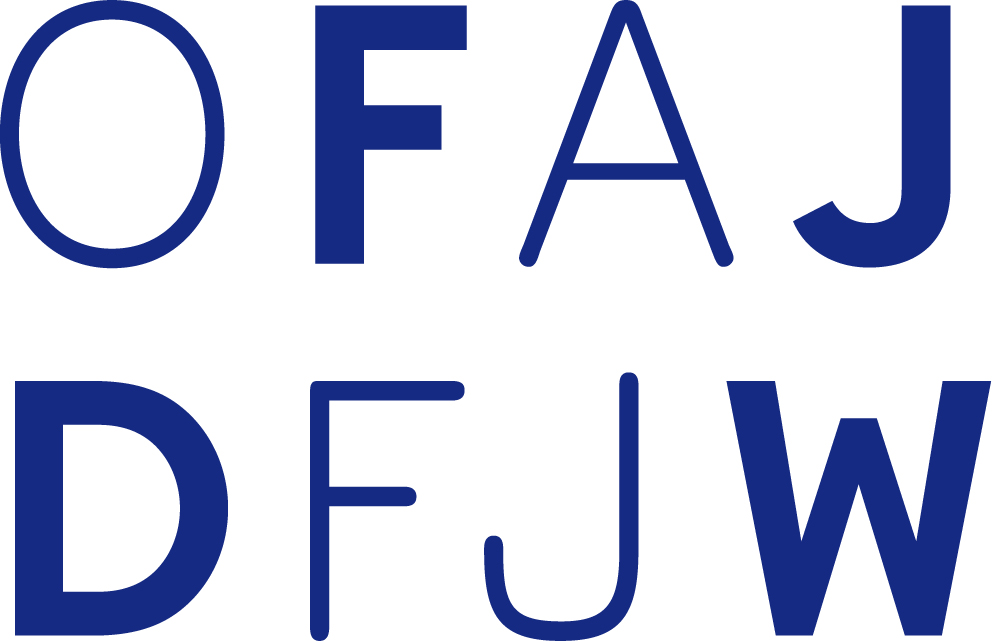
Office Franco Allemand pour la Jeunesse 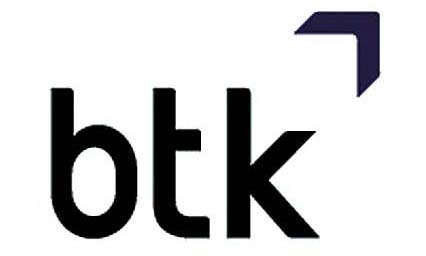
Ecole BTK, Berlin, Hambourg 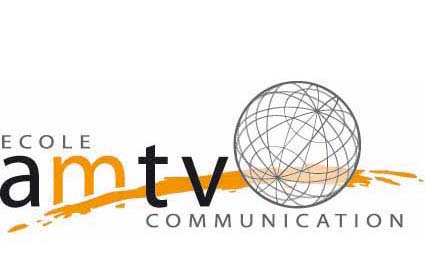
Ecole AMTV Communication, Bordeaux, Paris 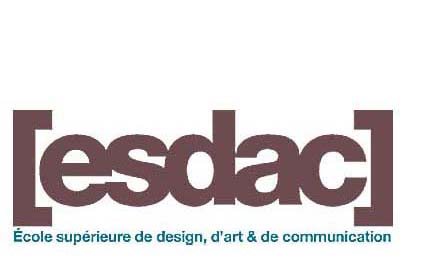
Ecole Esdac, Aix en Provence 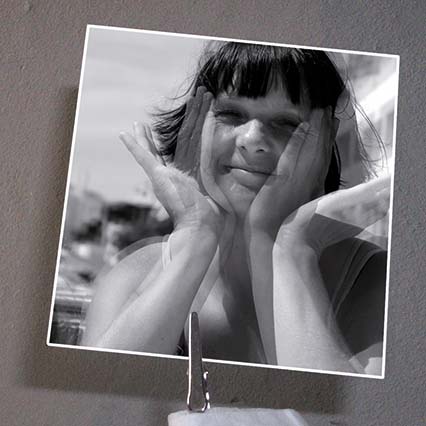
Katrin Schiller 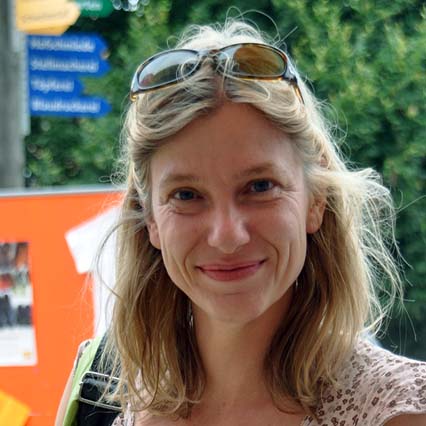
Antja Klambt 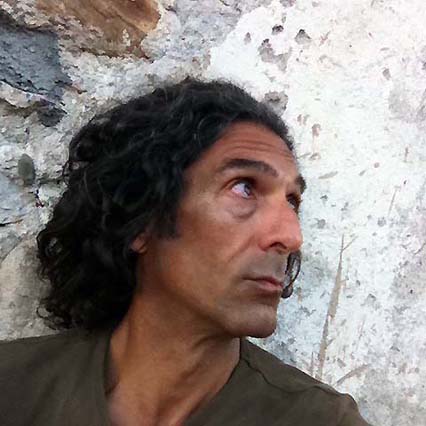
Yves Lévêque 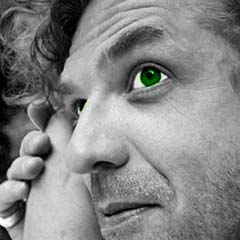
Frank SEELER
Epilogue, April 2022
The “Landscapes” cycle was the first international activity of the Shadow Graphic Designers,and therefore a great learning opportunity where we often played candid.
Below is a blooper reel of classic mistakes to avoid
Clarify the roles of project development and coordination : the Franco-German Youth Office has established in its programs a position of intercultural facilitator, which also has a crucial role in terms of interpretation.
In our experience, these actors may tend to use this position of authority to implement undifferentiated intercultural pedagogy without taking into account the specific theme announced by the project developer.
This is a source of conflict and may have put off our public from professional or higher education who are expecting very specific practices.
We remain convinced, without having always been able to apply it, that the intercultural encounter rightly promoted by the OFAJ benefits from taking place THROUGH attractive field work, and not before it.
Managing egos: The graphic industries education sector is characterized by significant rivalry between the French educational establishments contacted, which oppose recruitment
The teachers associated with these establishments, often characterized by strong personalities, can experience very differently – from support to declared hostility – the collaborative and active pedagogy approaches proposed during the meeting.
Managing the erosion of partnerships: our German partner, the BTK school, was bought in 2012 by the Lauréate group, which had its own international resources and did not pursue the collaboration.
Despite the support offered by Ofaj, it was not possible to find another German partner interested in the theme, which interrupted the project.
All these obstacles encouraged us to acquire knowledge in terms of network animation, Non-Violent Communication and collective intelligence (sociocracy) in order to streamline partnership relations.

